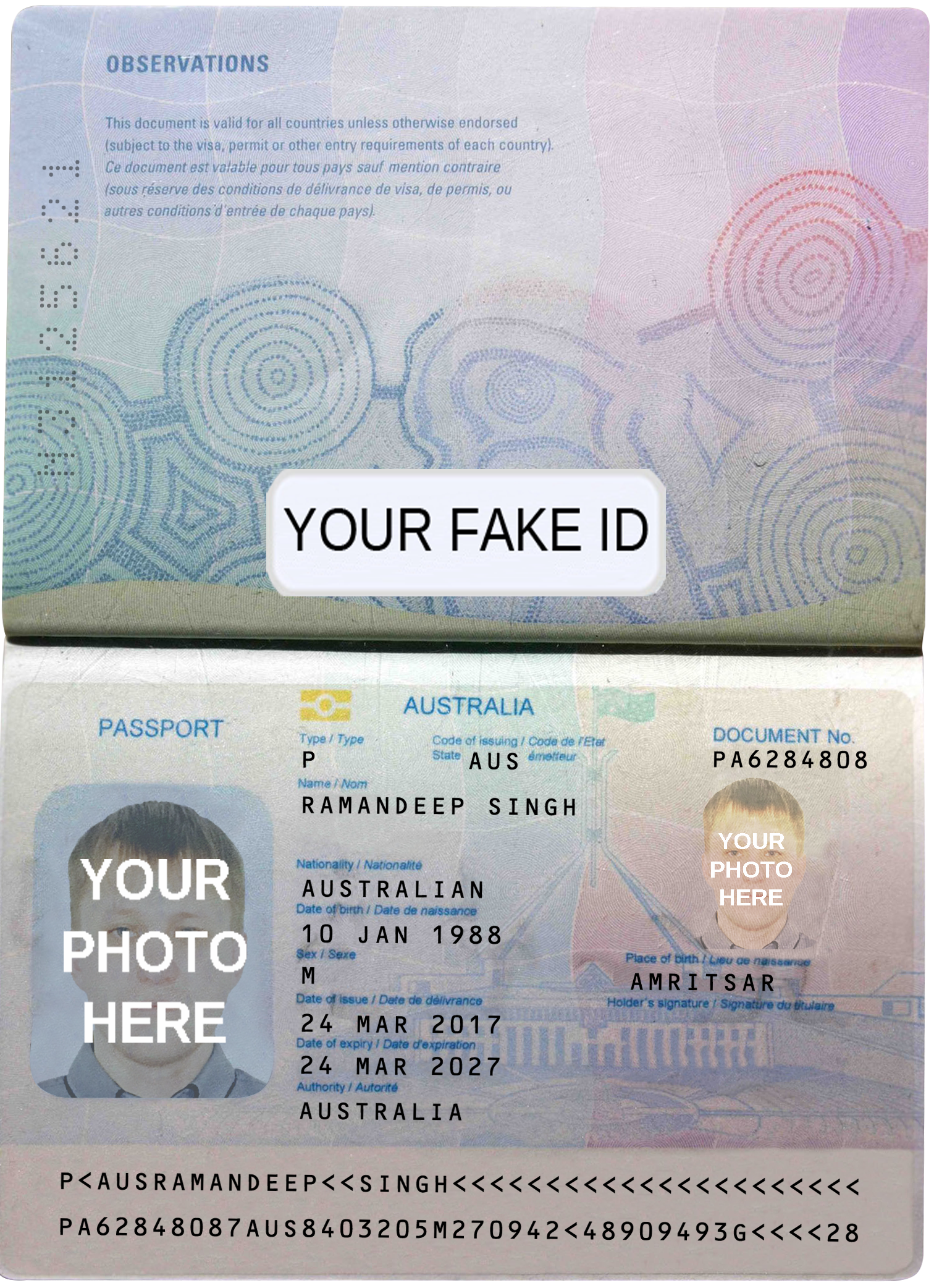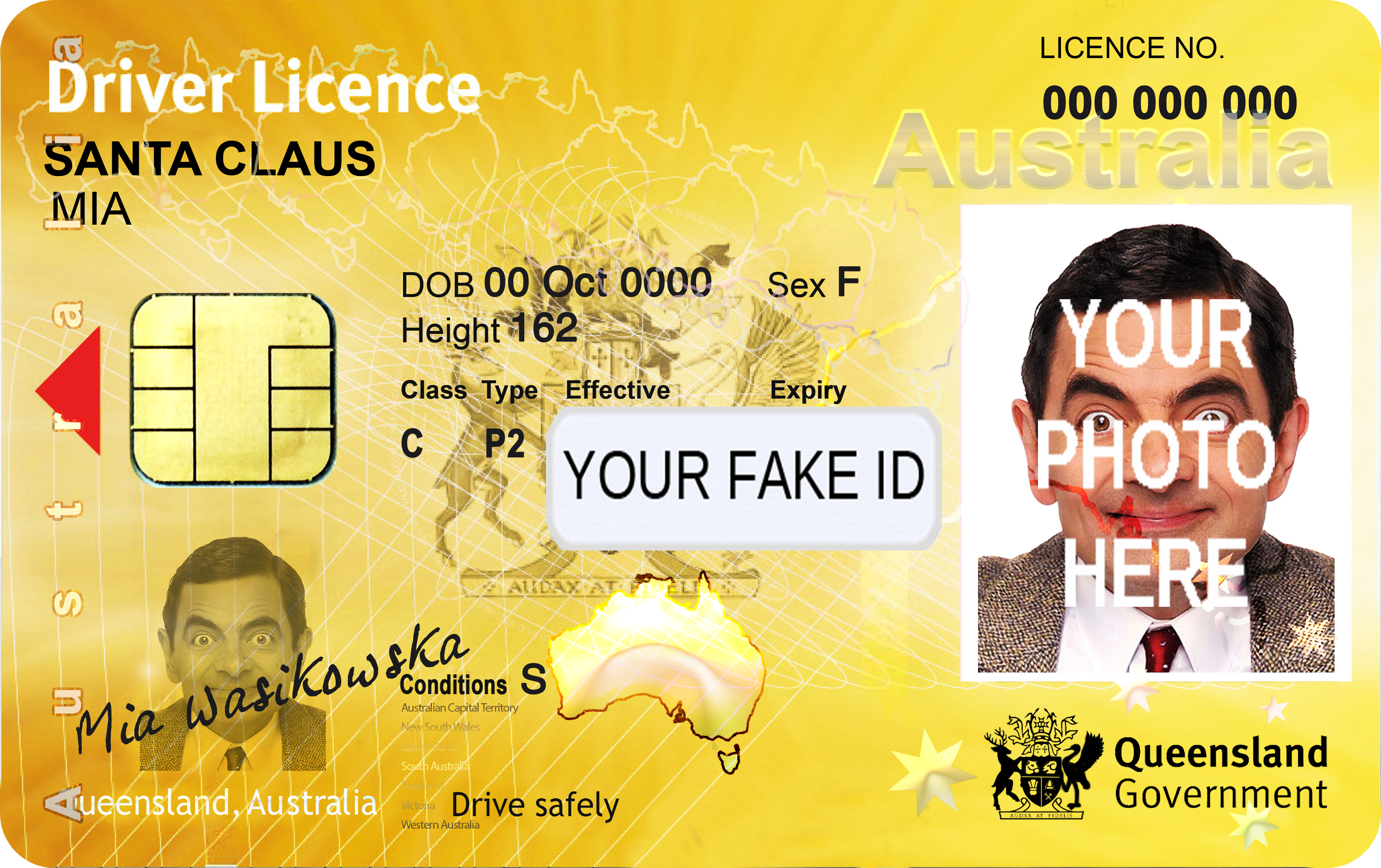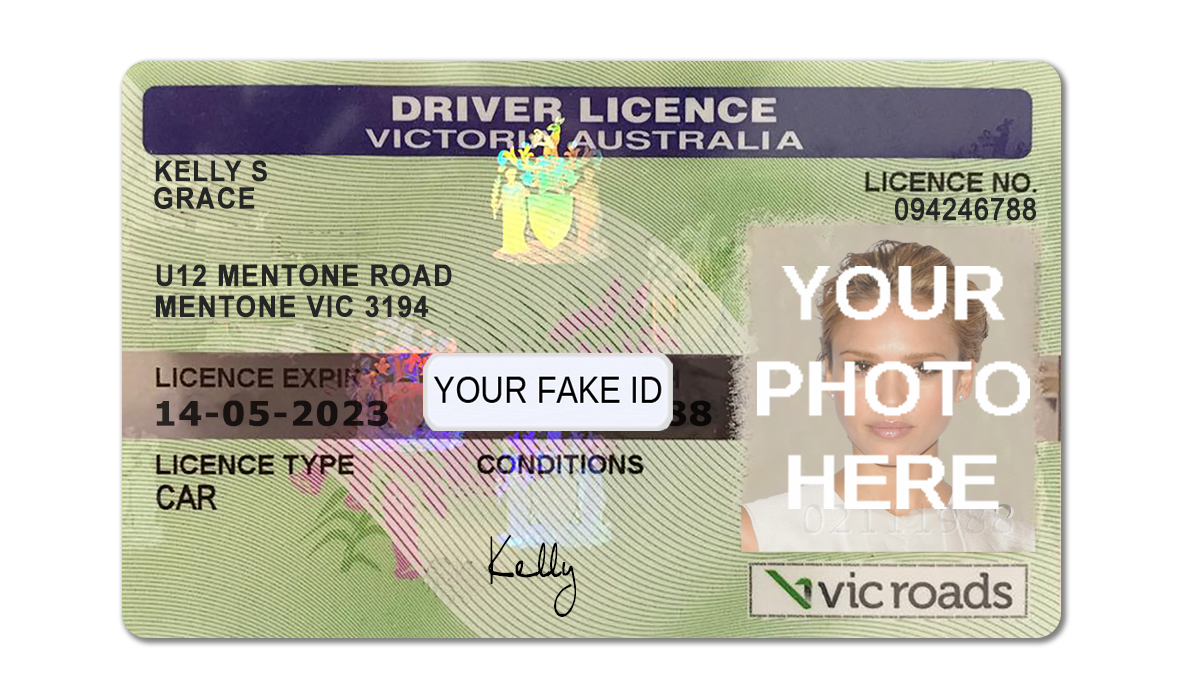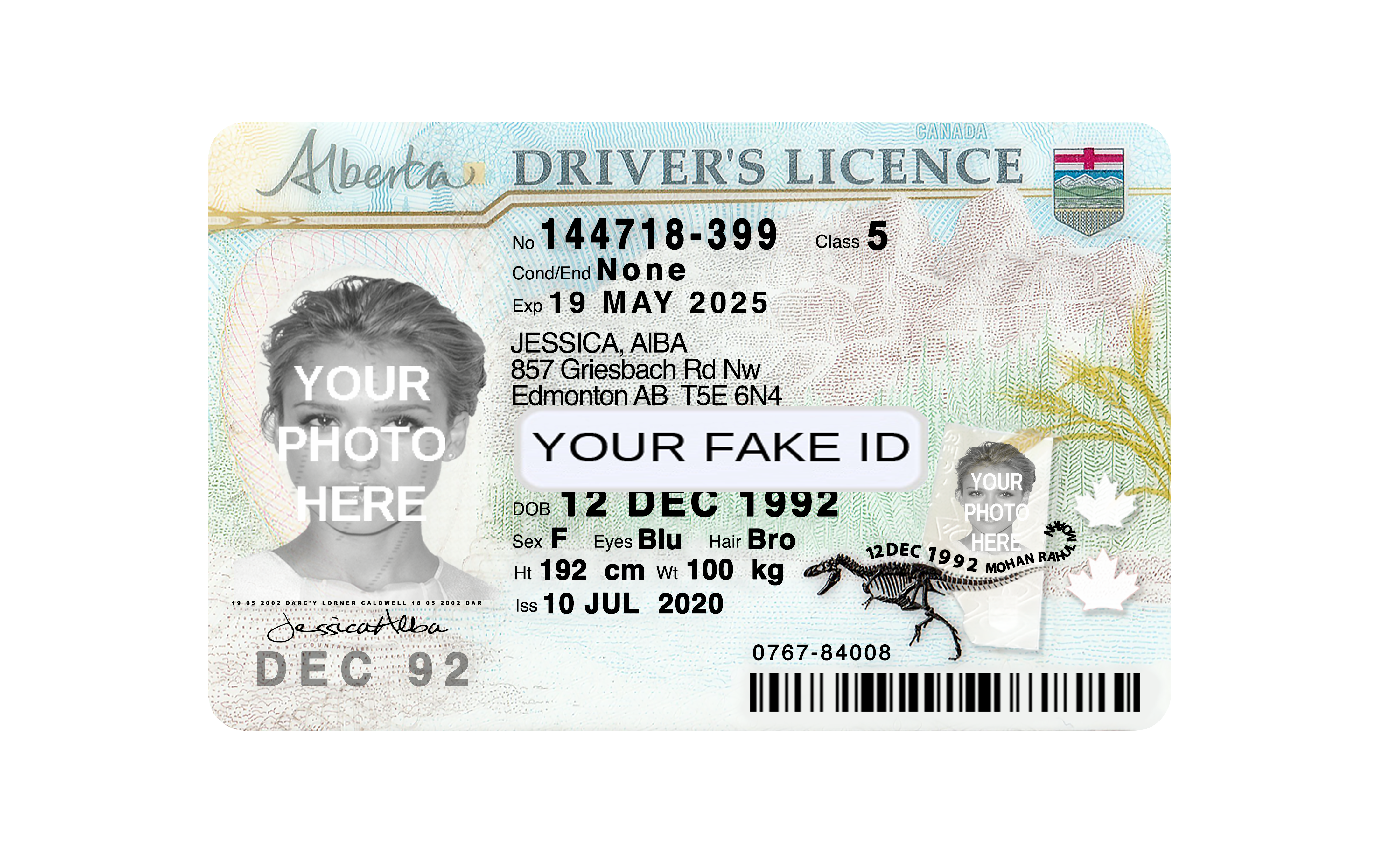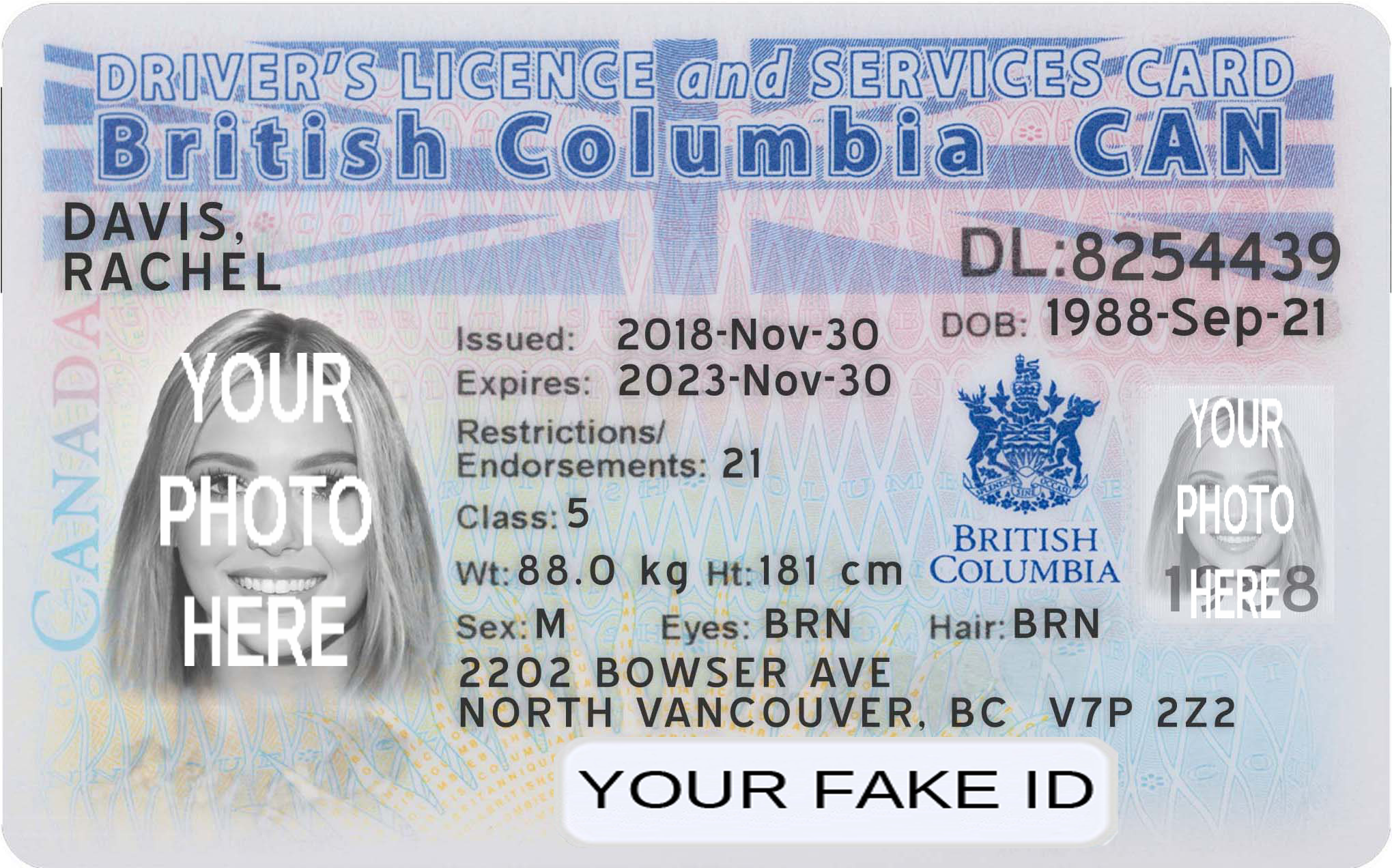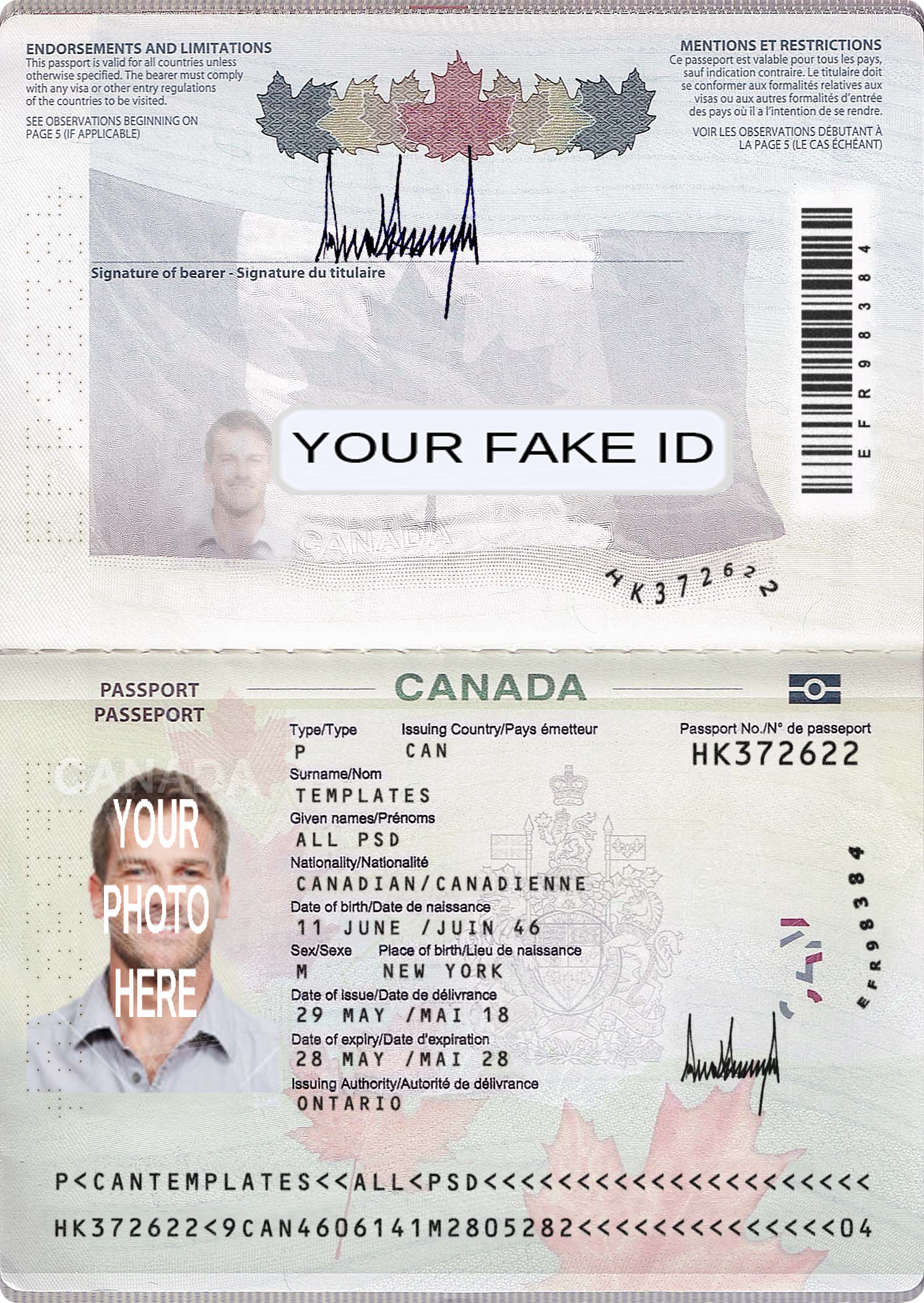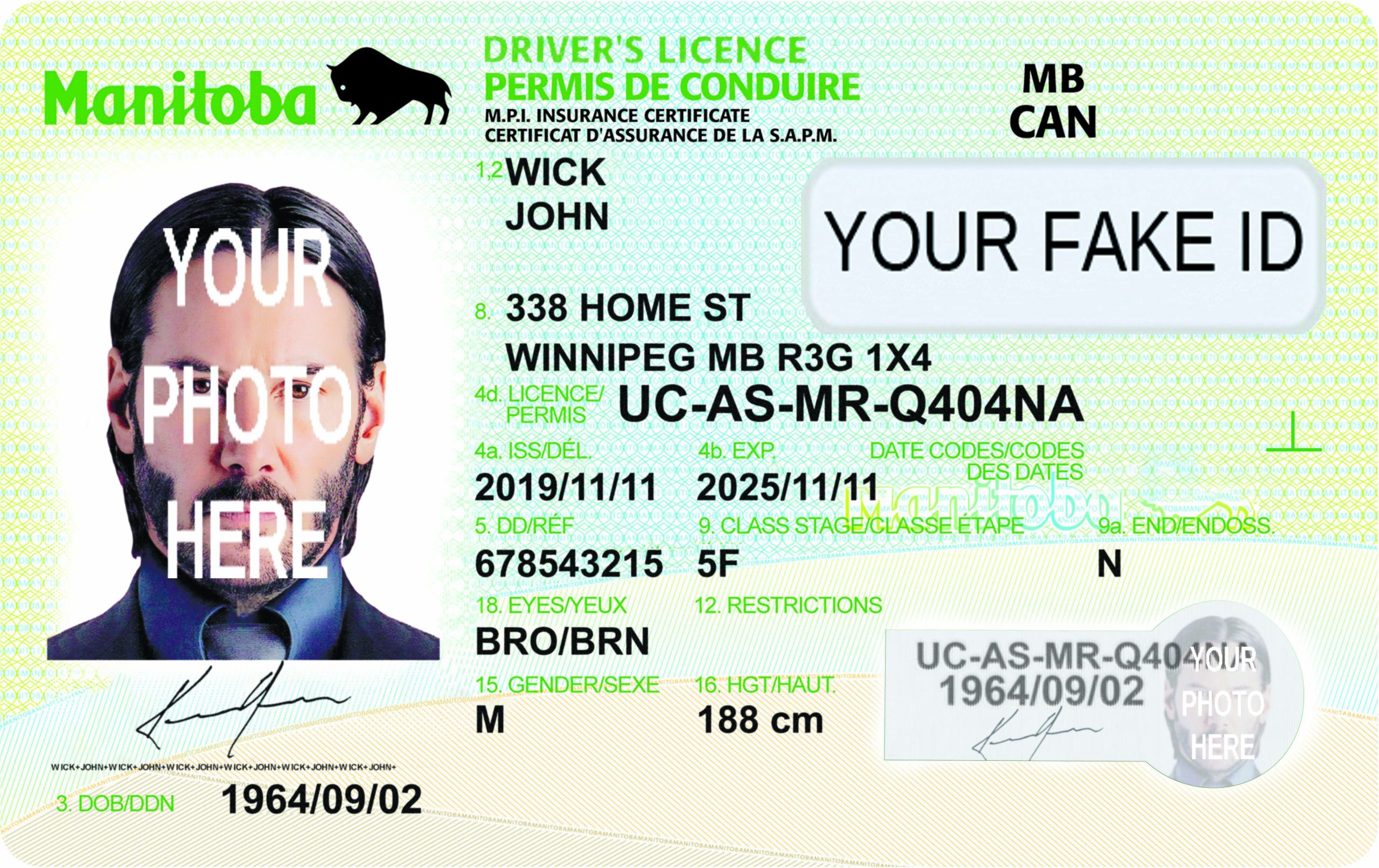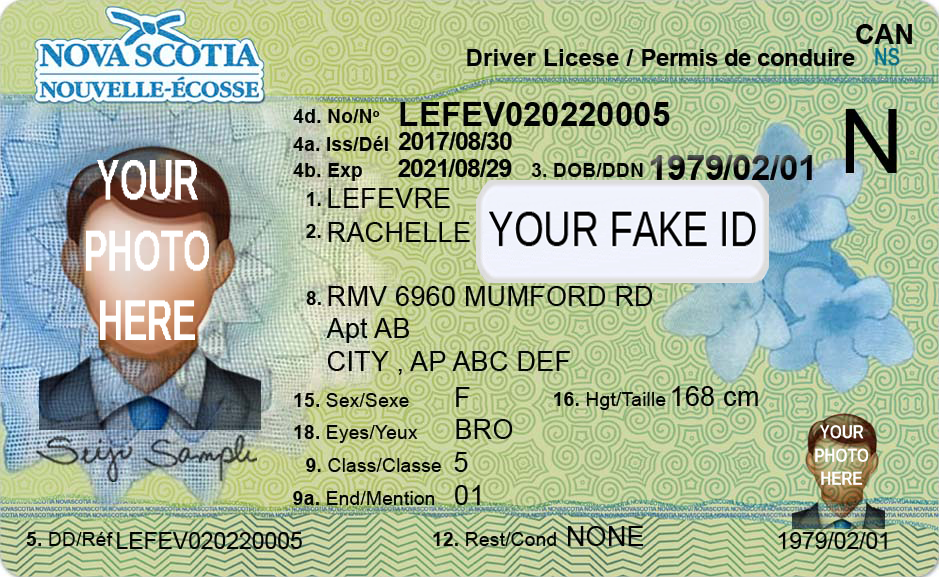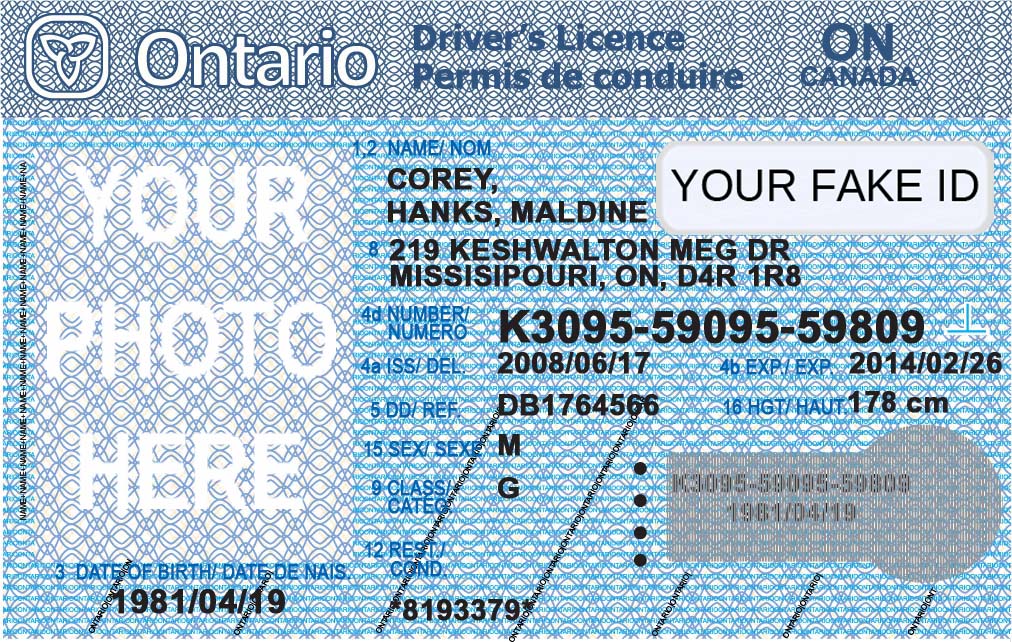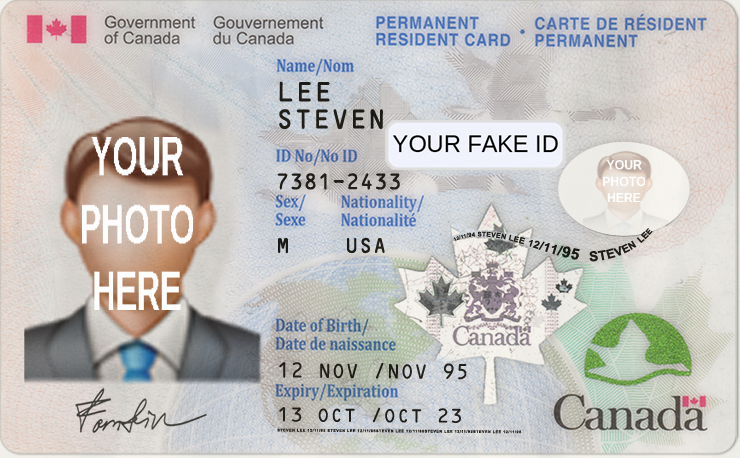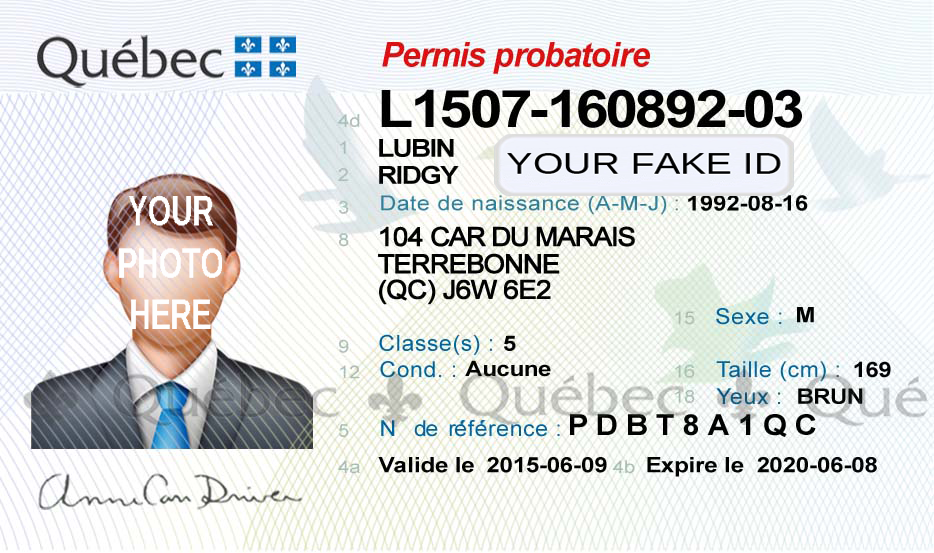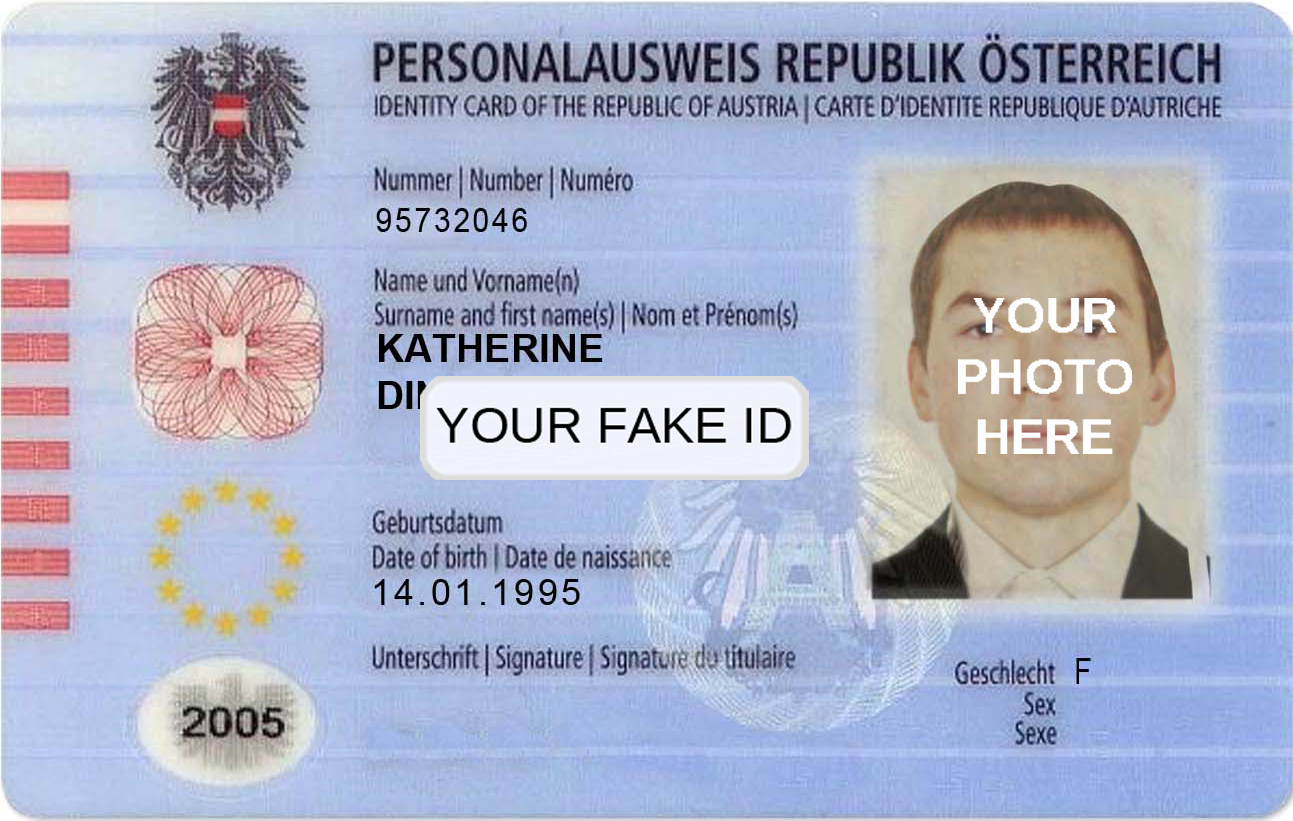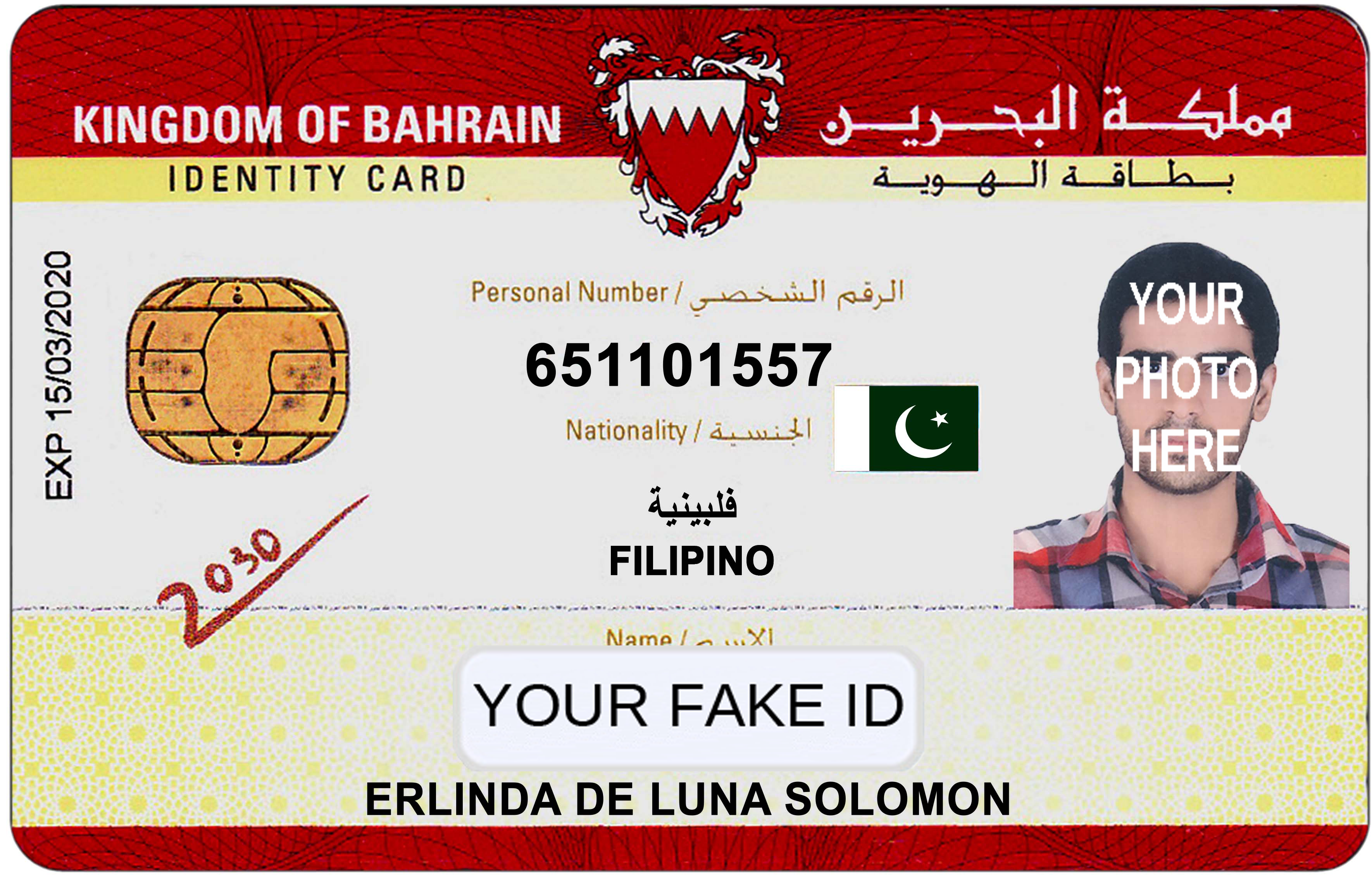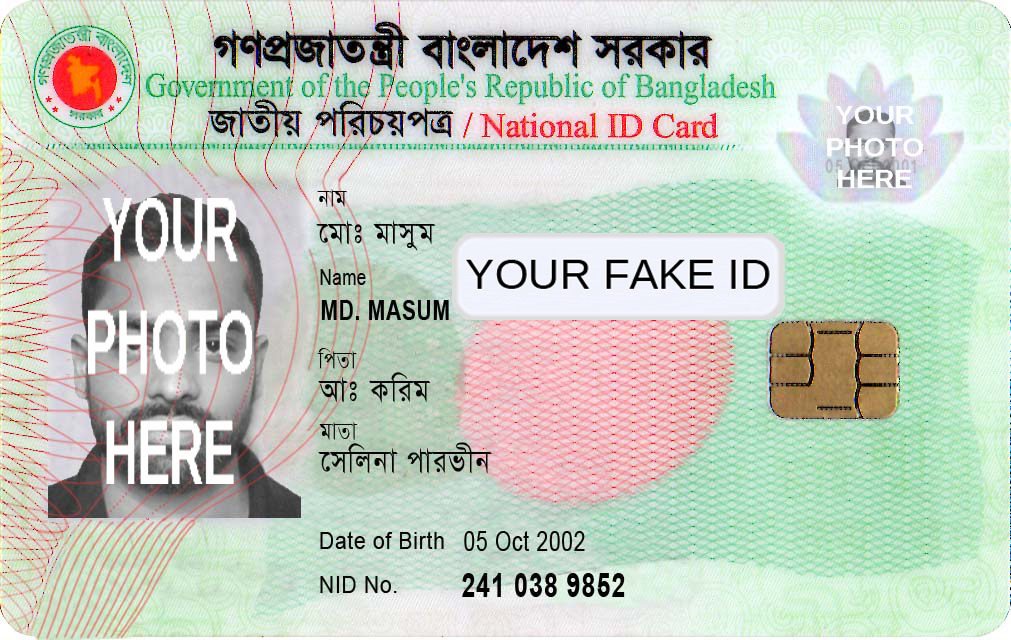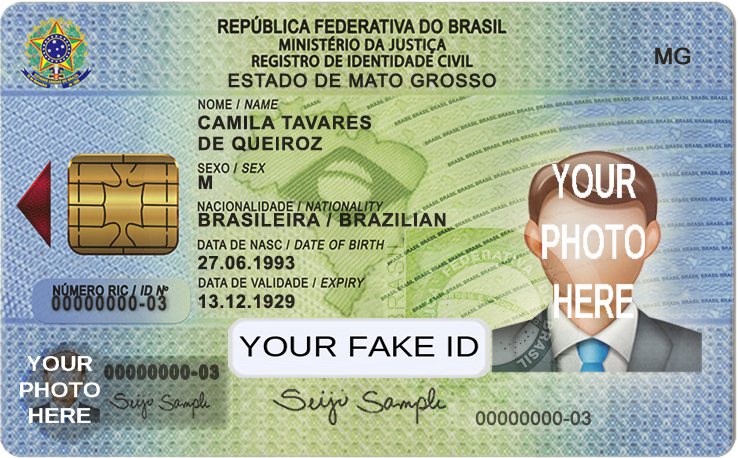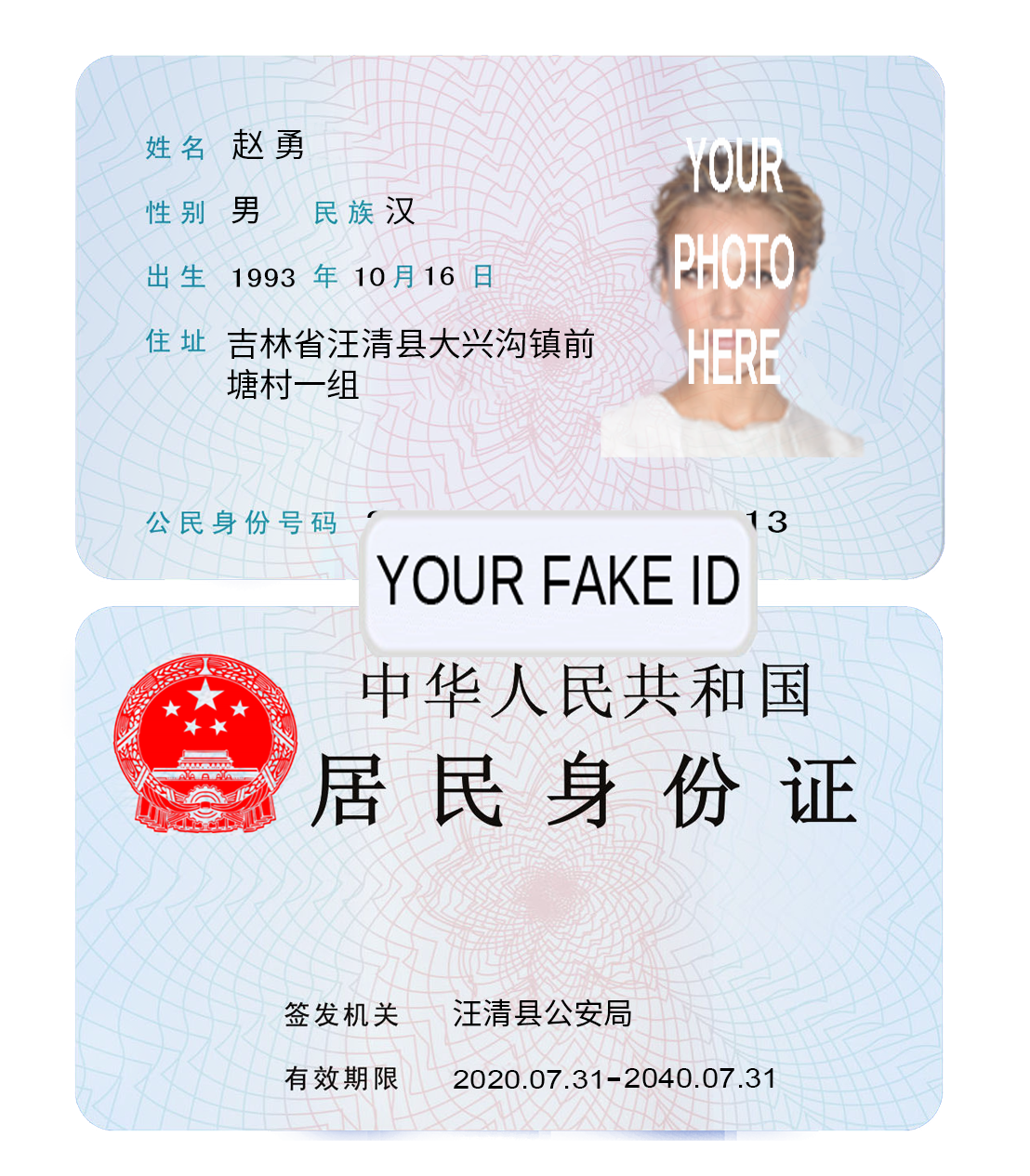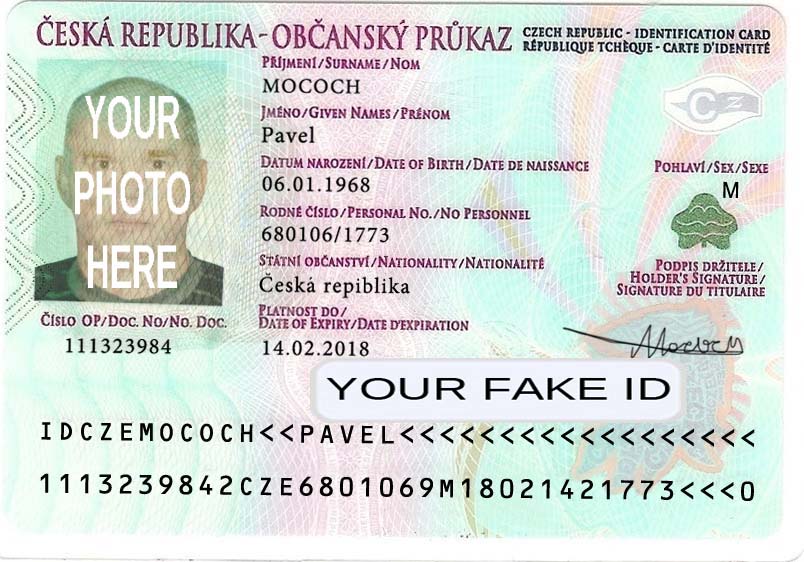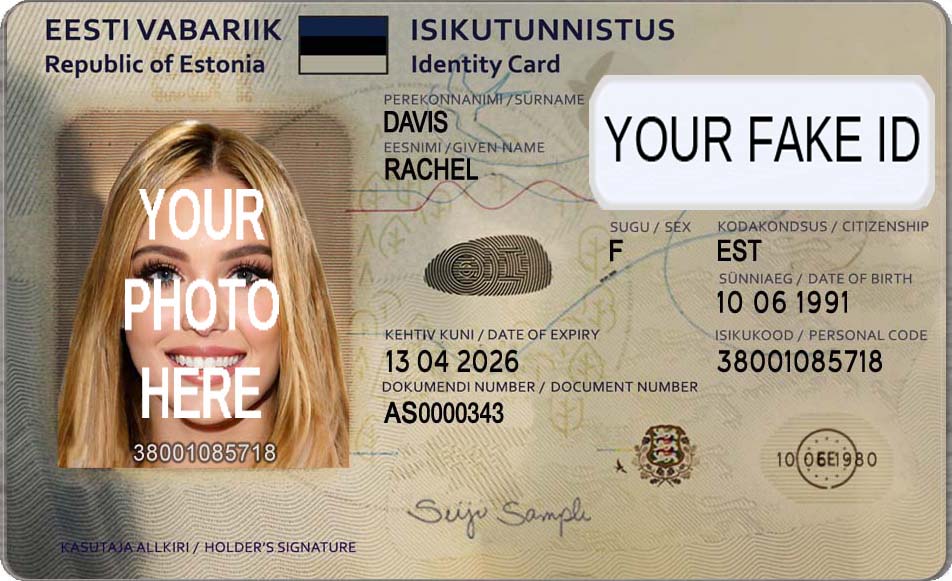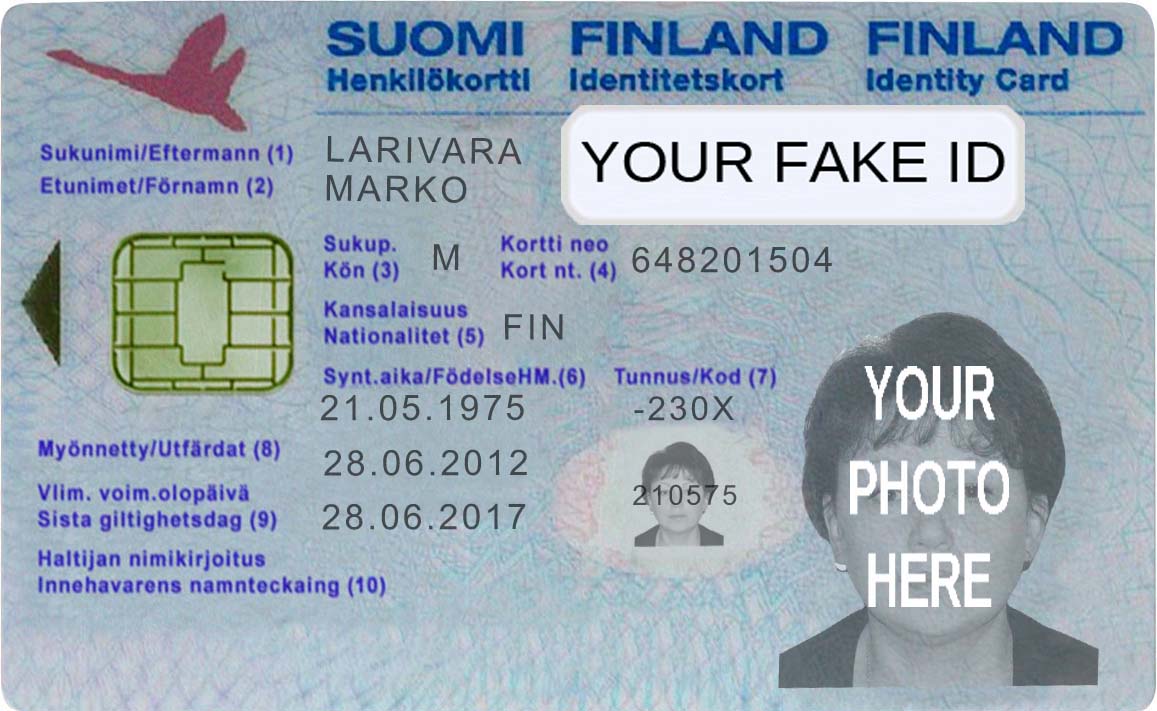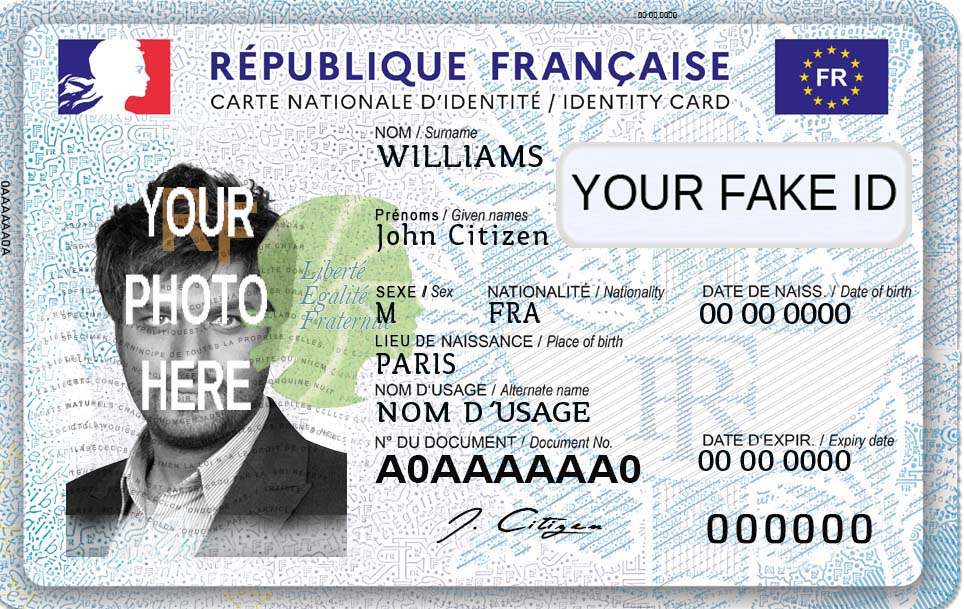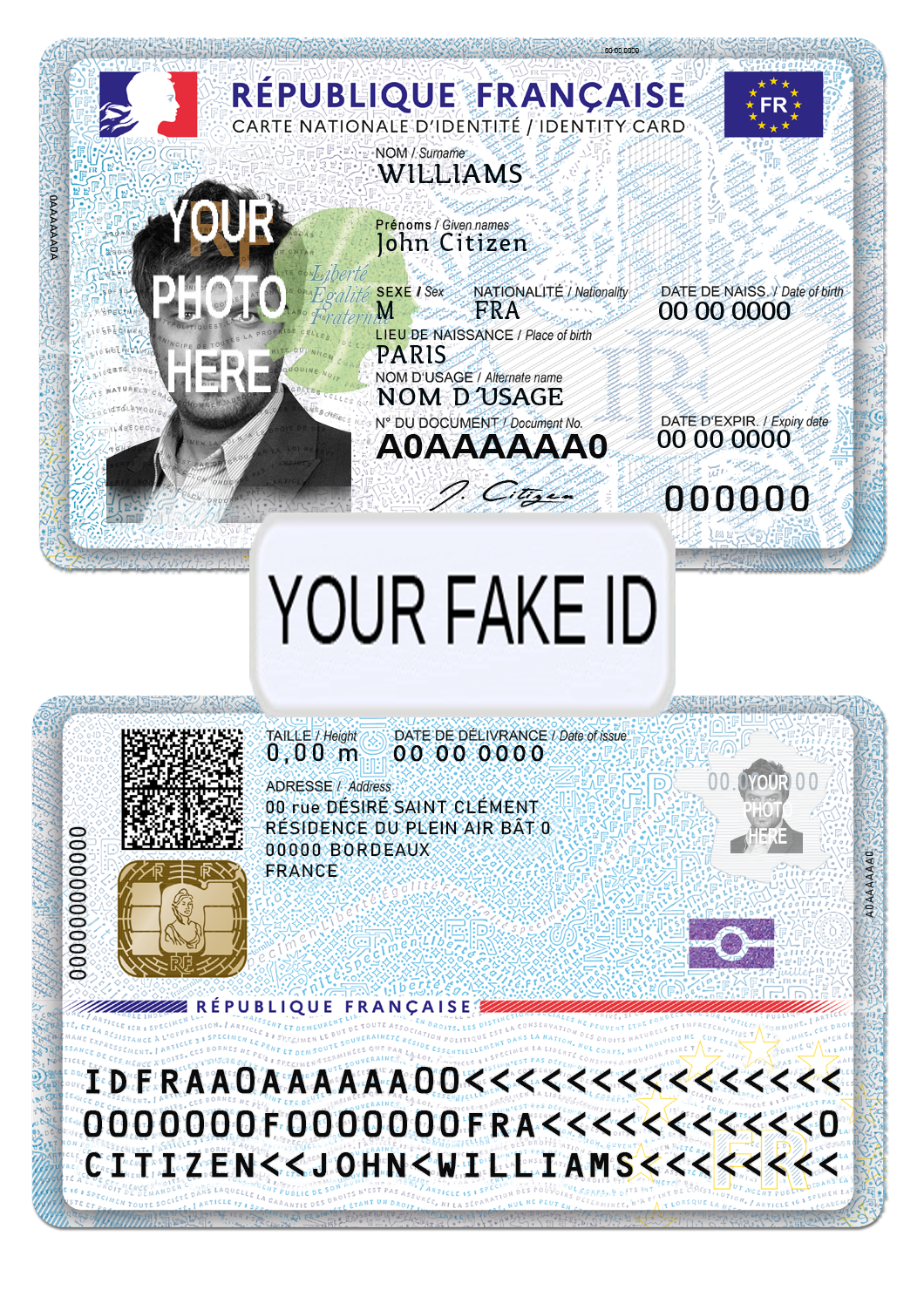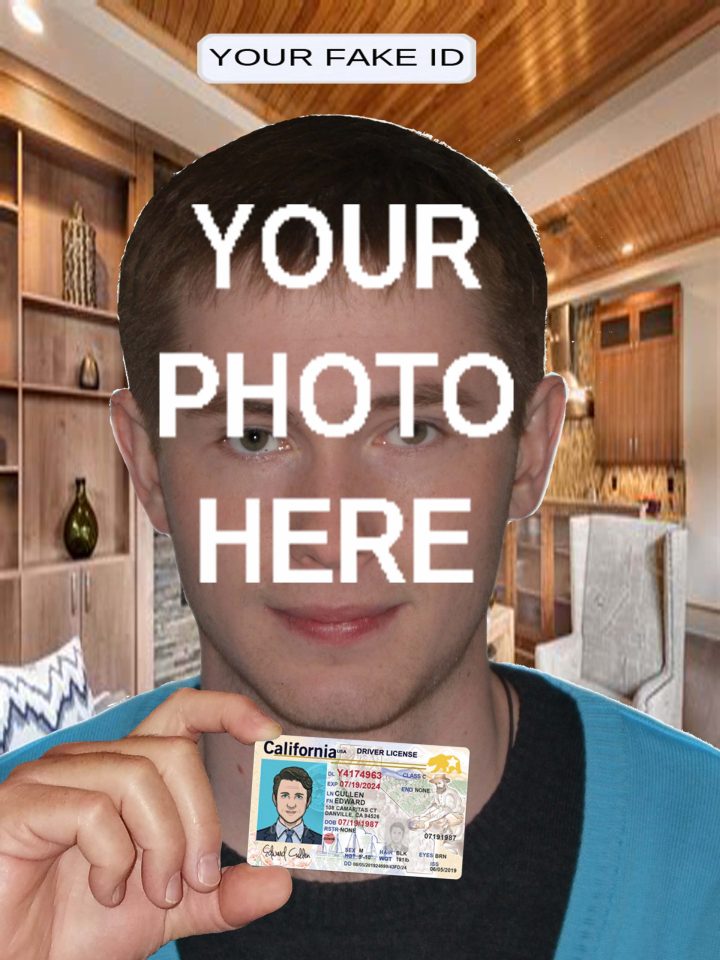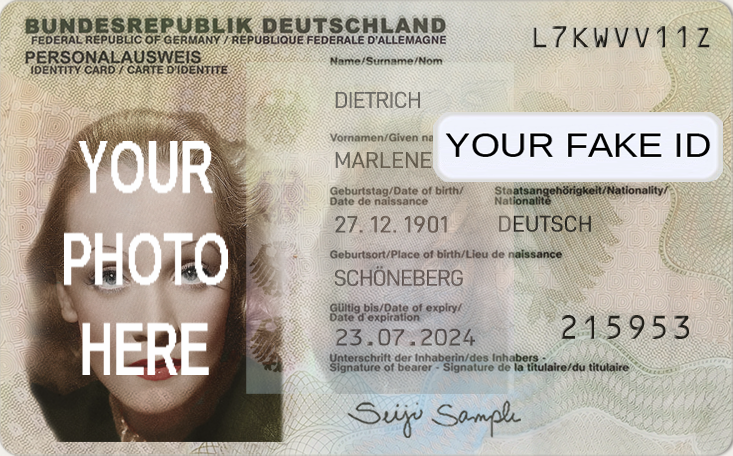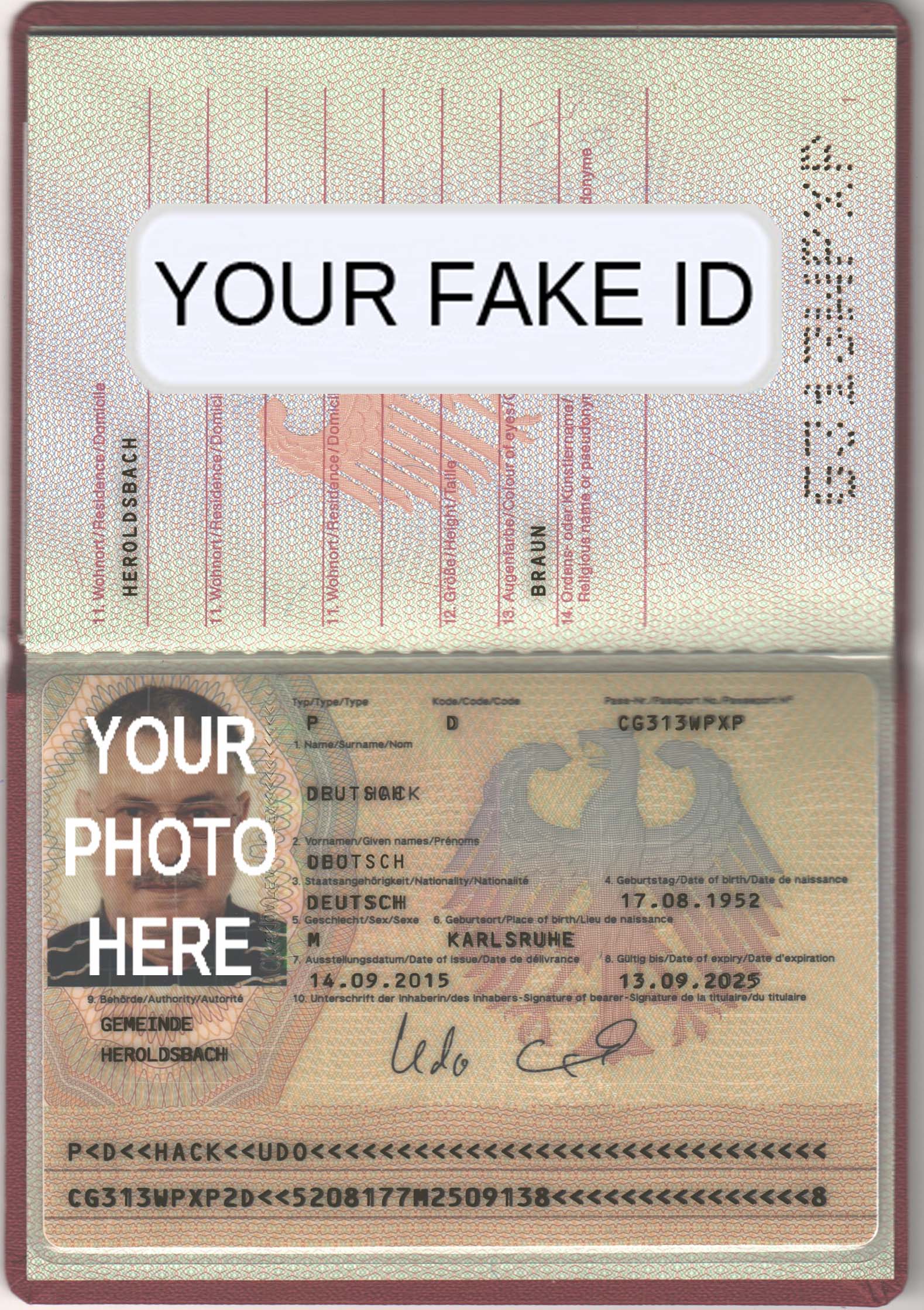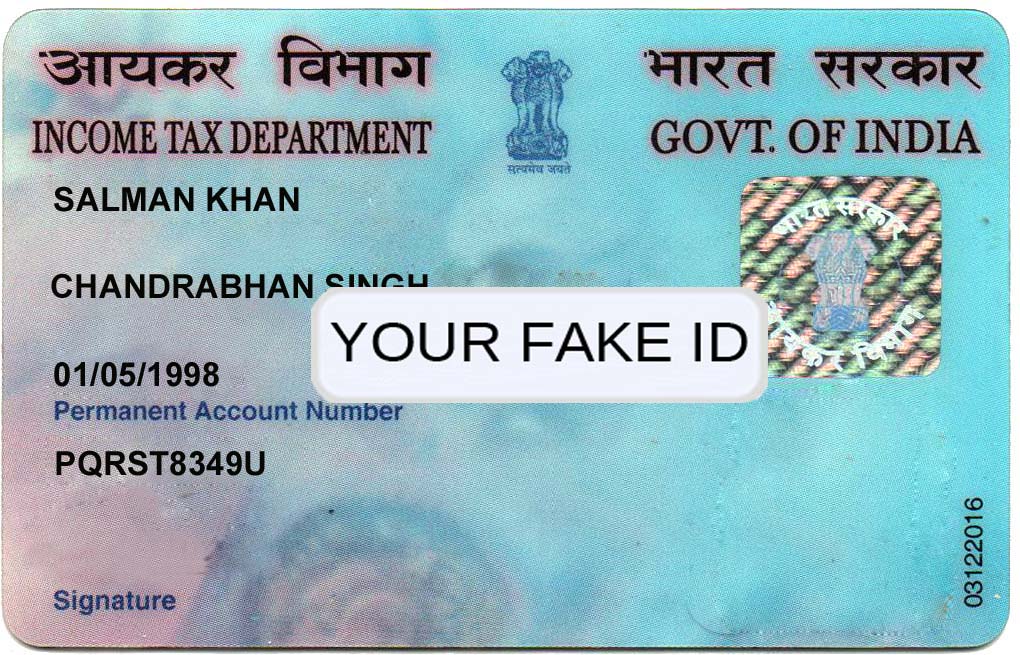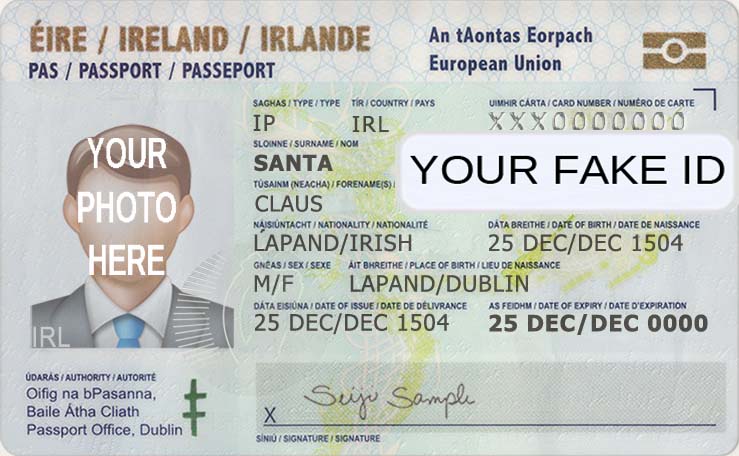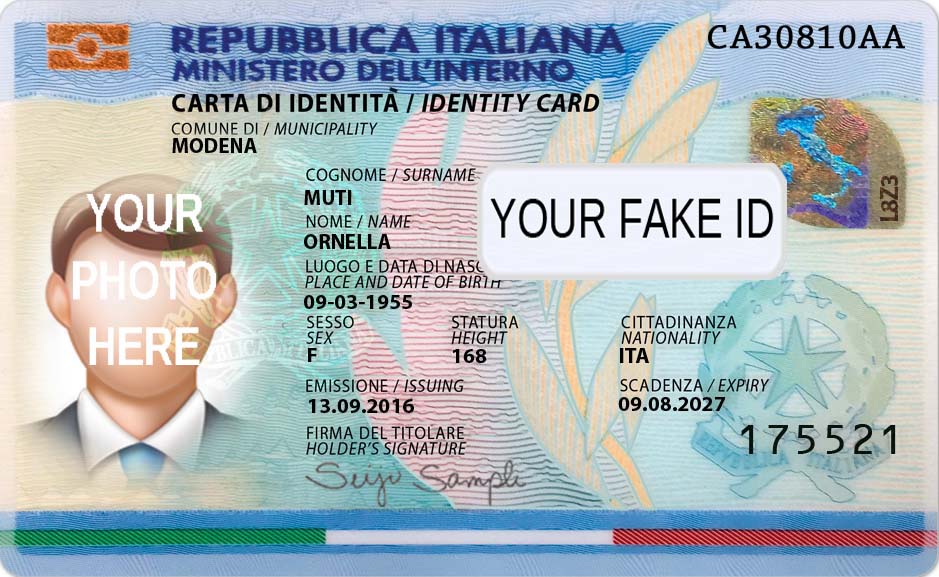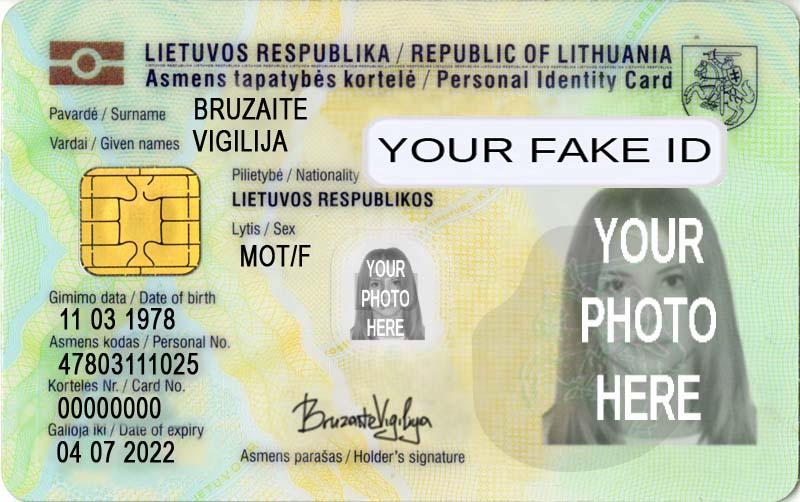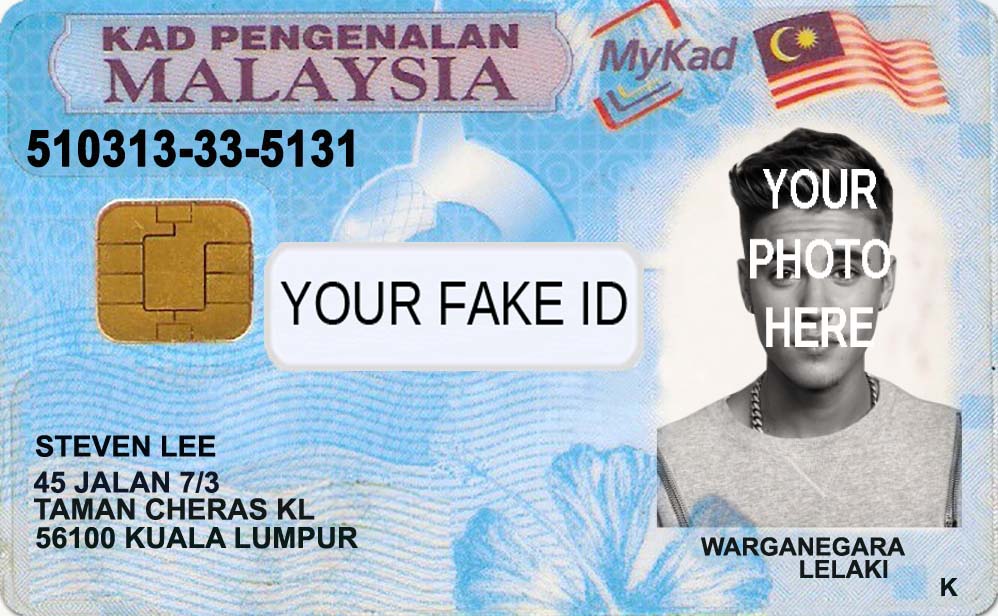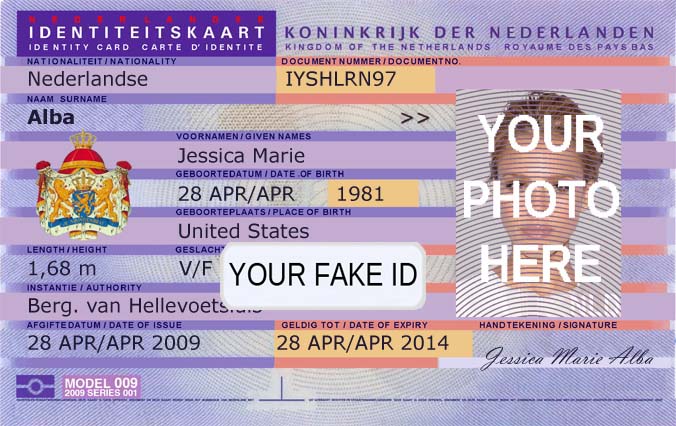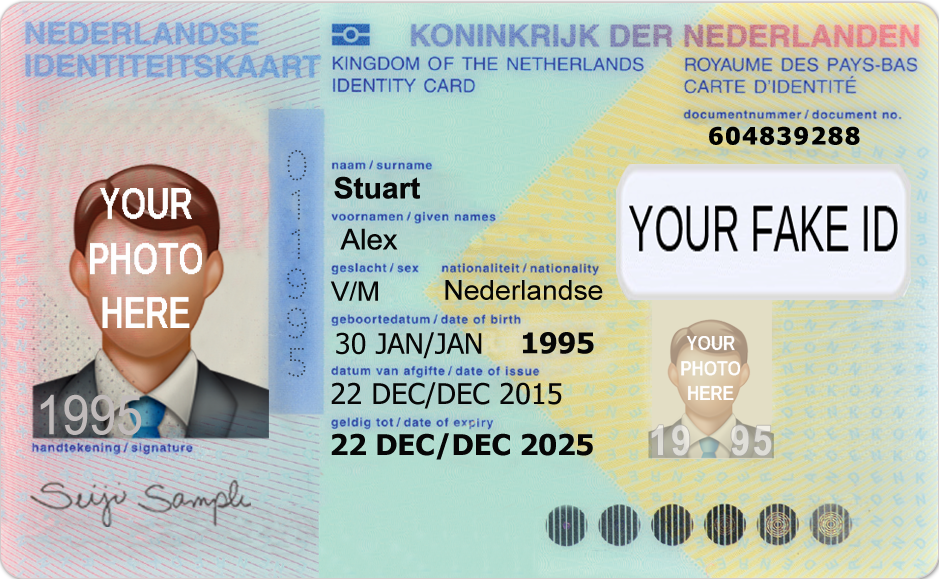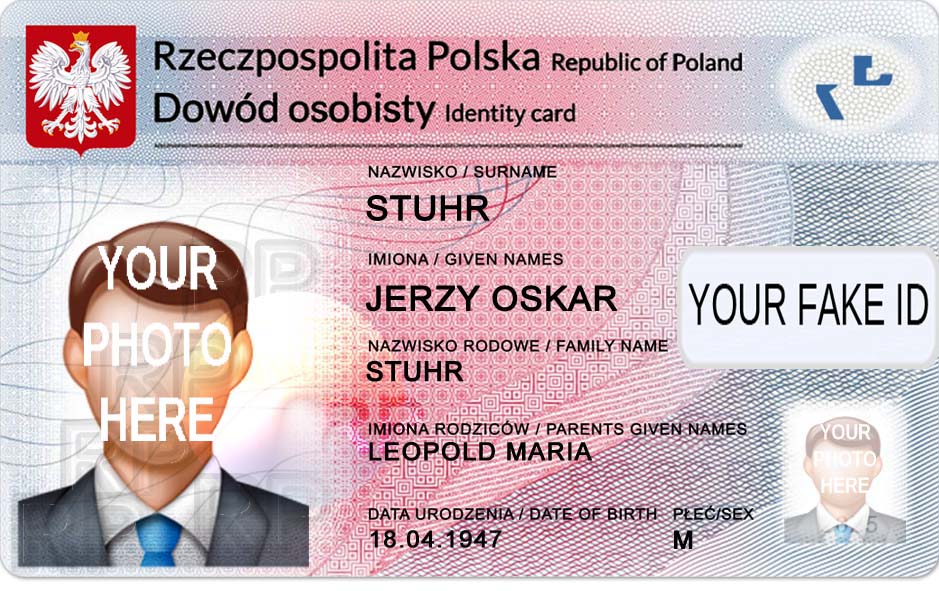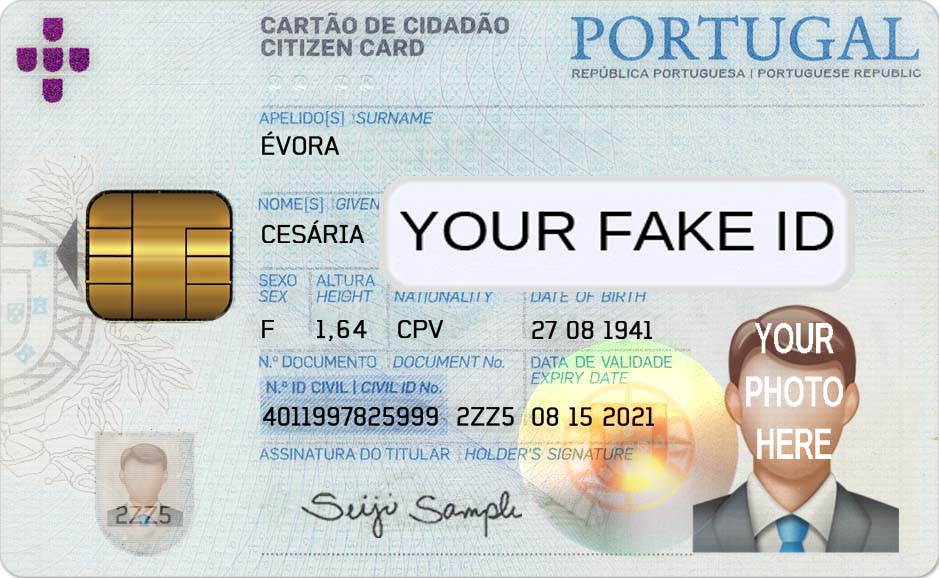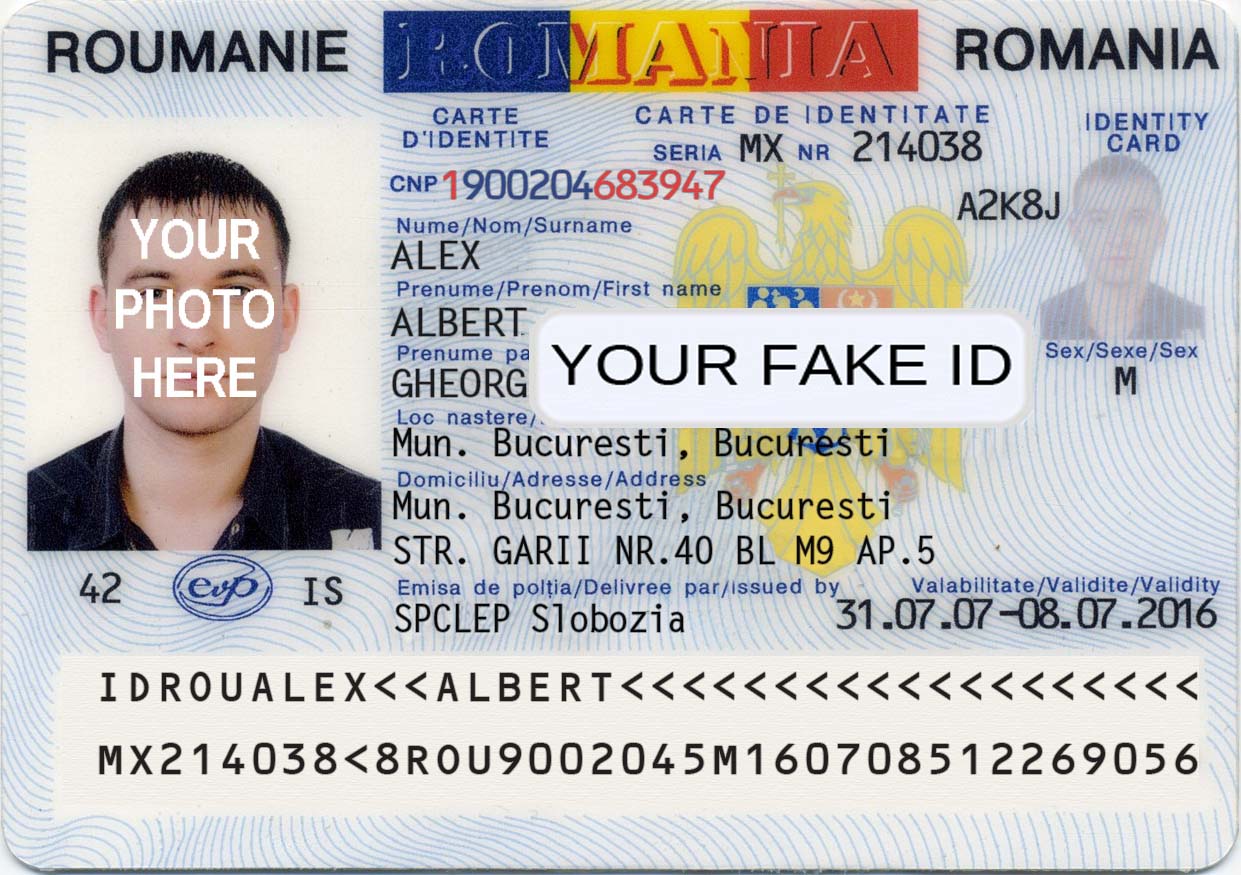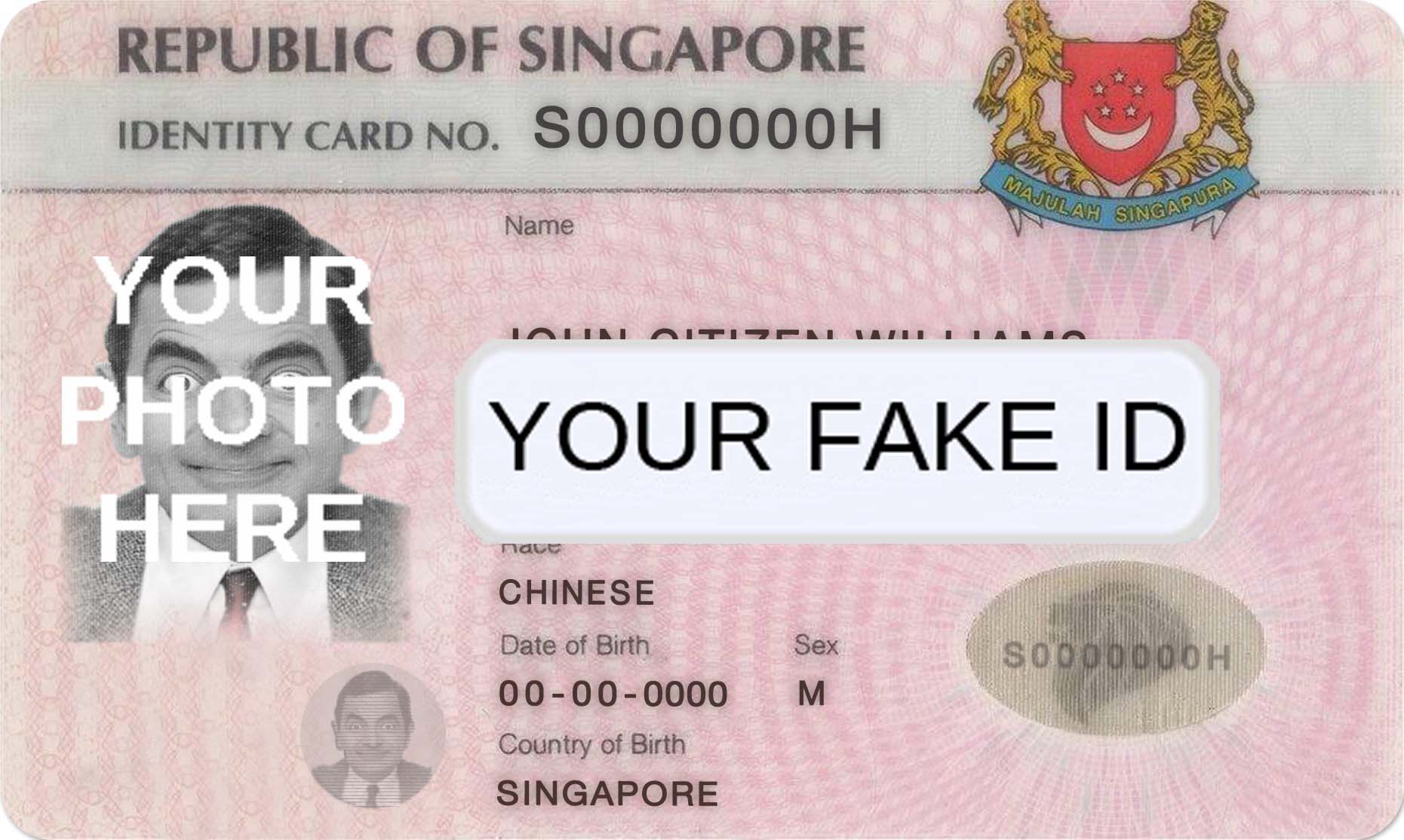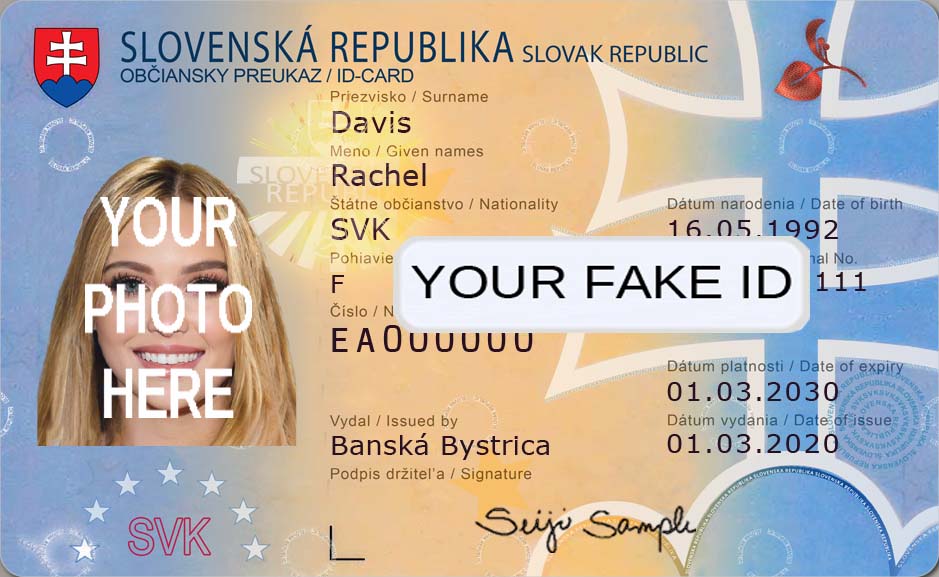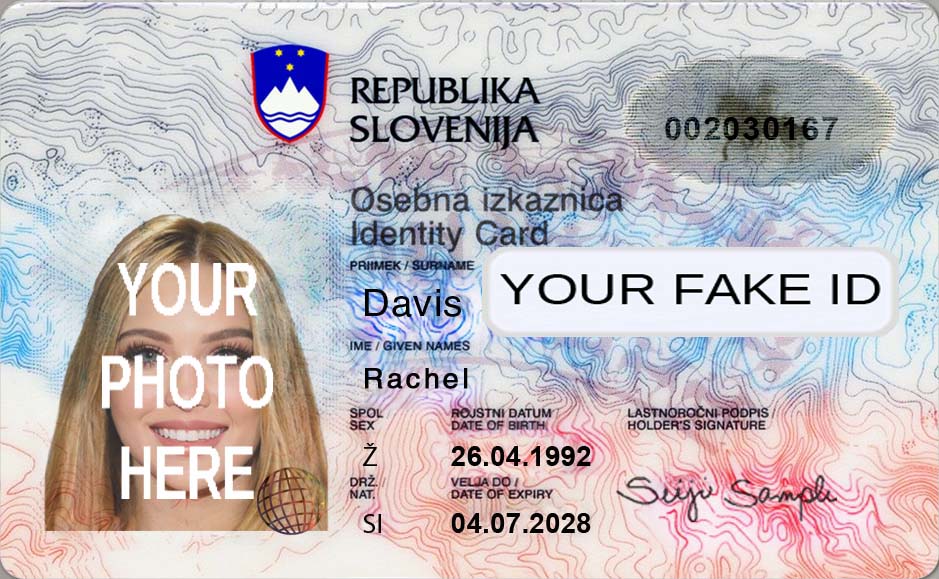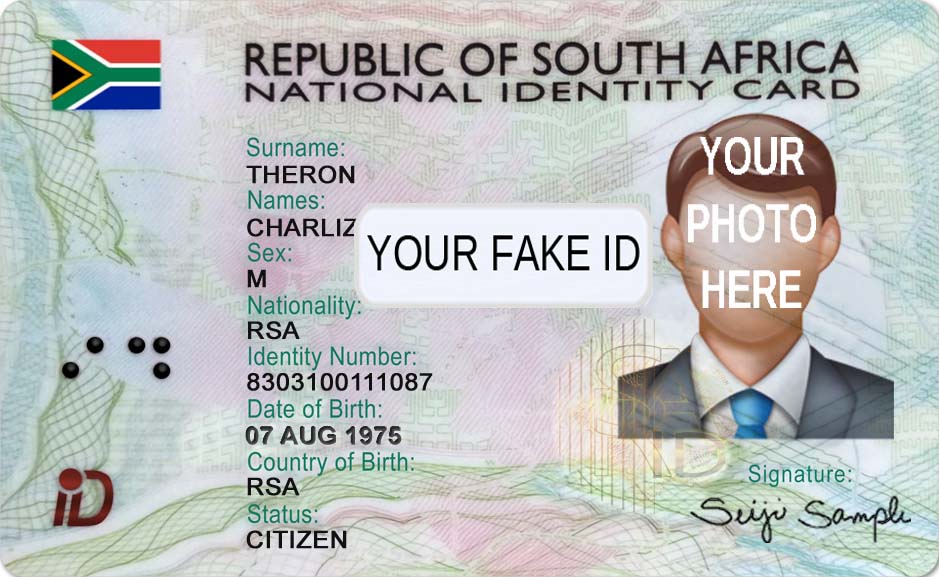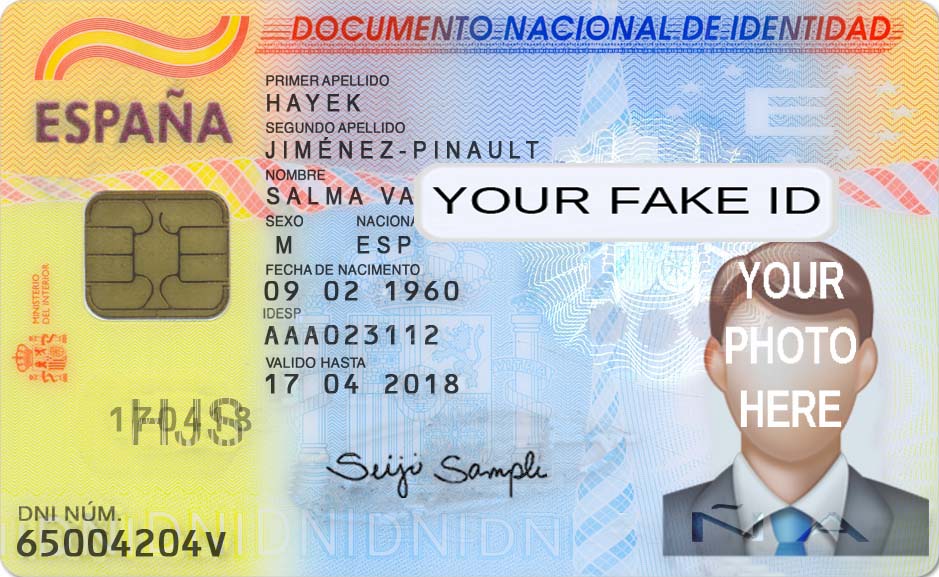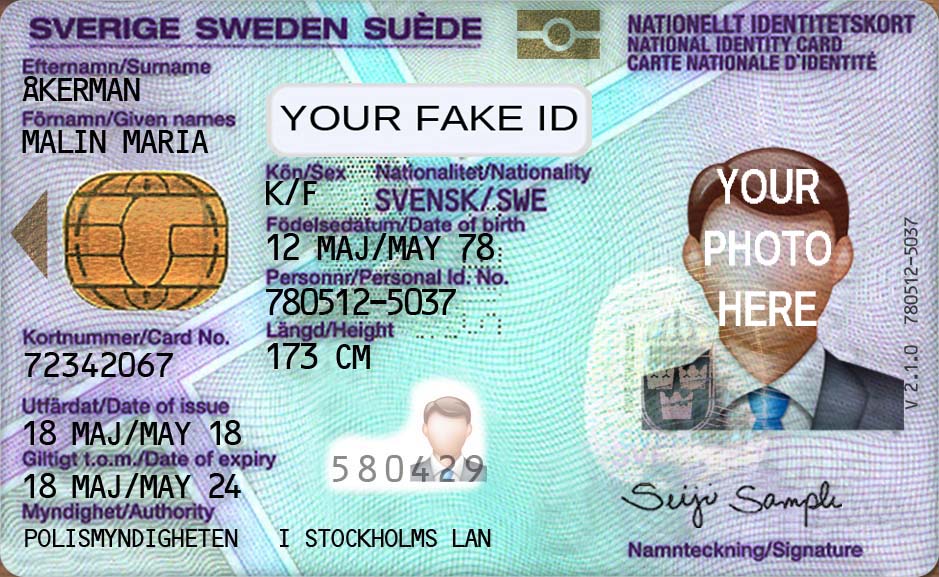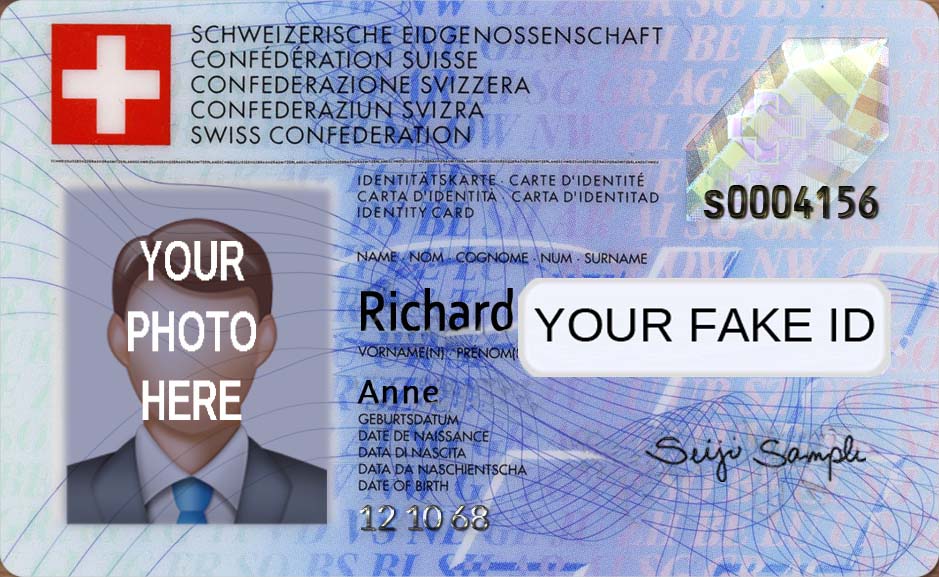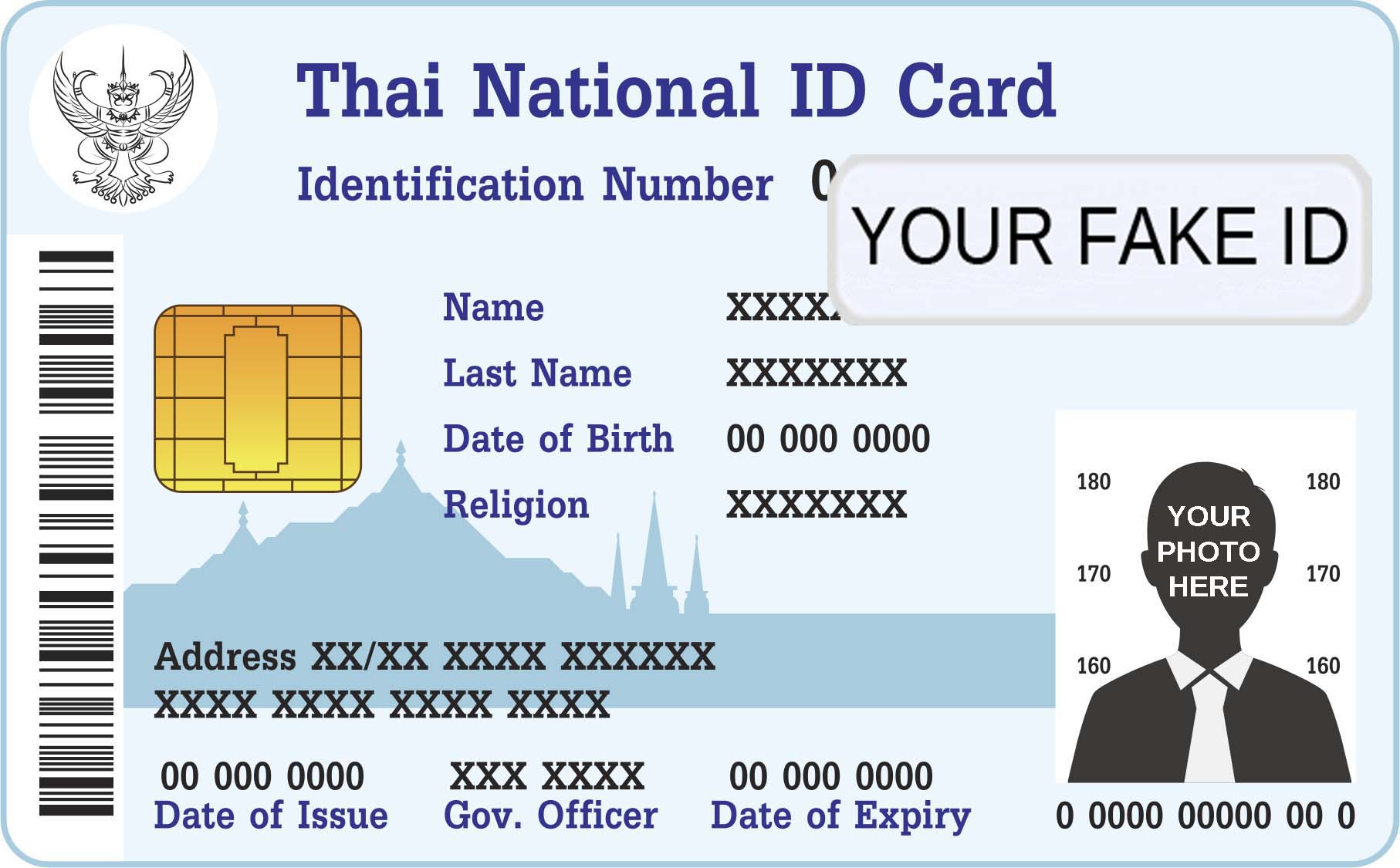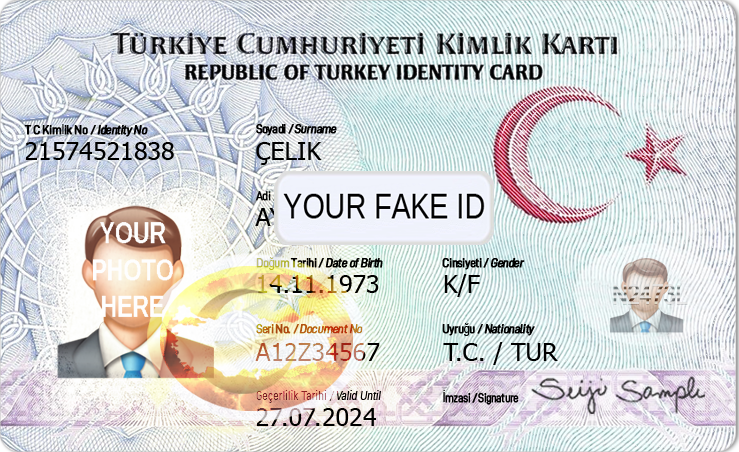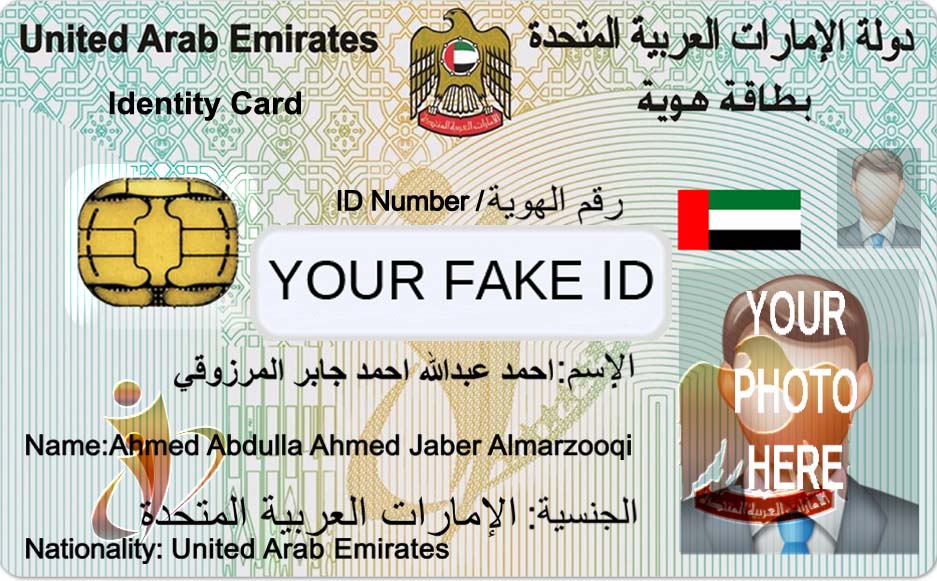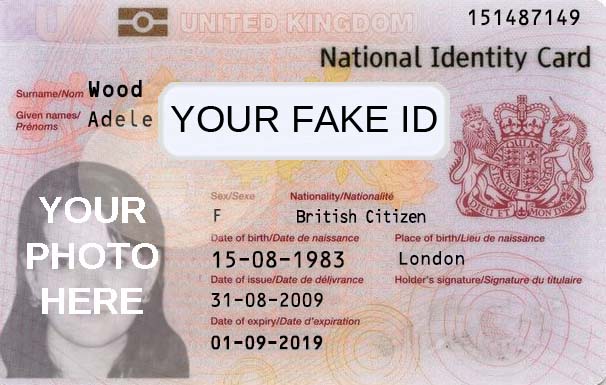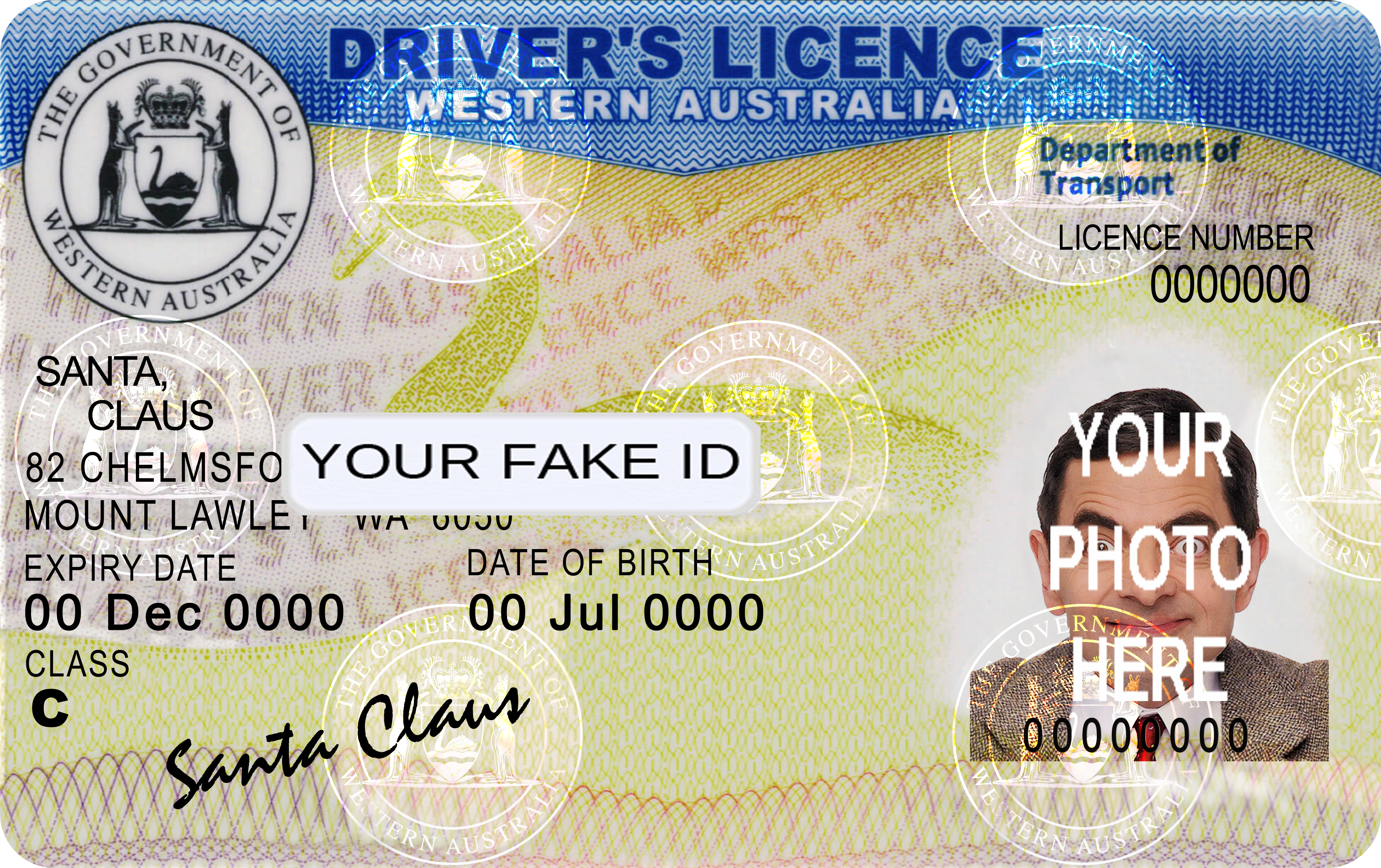Showing all 48 results
-
$39.95
Australia Fake Passport
-
$39.95
Australia Queensland Fake ID
-
$39.95
Australia Victoria Fake ID
-
$39.95
Canada Alberta Fake ID
-
$39.95
Canada British Columbia Fake ID
-
$39.95
Canada Fake Passport
-
$39.95
Canada Manitoba Fake ID
-
$39.95
Canada Nova Scotia Fake ID
-
$39.95
Canada Ontario Fake ID – v1
-
$39.95
Canada Ontario Fake ID – v2
-
$39.95
Canada Quebec Fake ID
-
$39.95
Fake ID Austria
-
$39.95
Fake ID Bahrain
-
$39.95
Fake ID Bangladesh
-
$39.95
Fake ID Brazil
-
$39.95
Fake ID Canada
-
$39.95
Fake ID China
-
$39.95
Fake ID Czech Republic
-
$39.95
Fake ID Estonia
-
$39.95
Fake ID Finland
-
$39.95
Fake ID France
-
$39.95
Fake ID France Passport
-
$39.95
Fake Id Front And Back With Selfie
-
$39.95
Fake ID Germany
-
$39.95
Fake ID Germany Passport
-
$39.95
Fake ID Hong Kong
-
$39.95
Fake ID India
-
$39.95
Fake ID Ireland
-
$39.95
Fake ID Italy
-
$39.95
Fake ID Lithuania
-
$39.95
Fake ID Malaysia
-
$39.95
Fake ID Netherlands-V1
-
$39.95
Fake ID Netherlands-V2
-
$39.95
Fake ID Poland
-
$39.95
Fake ID Portugal
-
$39.95
Fake ID Romania
-
$39.95
Fake ID Singapore
-
$39.95
Fake ID Slovakia
-
$39.95
Fake ID Slovenia
-
$39.95
Fake ID South Africa ID Card
-
$39.95
Fake ID Spain
-
$39.95
Fake ID Sweden
-
$39.95
Fake ID Switzerland
-
$39.95
Fake ID Thailand
-
$39.95
Fake ID Turkey
-
$39.95
Fake ID United Arab Emirates
-
$39.95
Fake ID United Kingdom
-
$39.95
Western Australia Fake ID
When Should I Use a Fake ID Online?
Pseudonyms or fake names allow writers to distinguish their online and public personas. Pseudonyms also help authors break into new genres without risking being categorised by readers. Decisions on when or not to use pseudonyms or fake ID require careful thought and deliberation, with this article exploring some key questions to ask when considering whether or not writing under one.
Privacy
Anonymity online can be extremely beneficial in an age when privacy is under threat; using an alias allows people to more clearly separate their professional and personal lives – especially if one works in a field that requires self-promotion or works alongside colleagues who might be intrigued by your work. Use of a pseudonym or fake ID can also protect against stalkers or other creeps who might try to track your online activities and invade your offline life. A fake identification also known as a fake id may be needed to better enhance this for some people. This is particularly helpful for women writing about topics like family life or controversial subjects such as disability and homeschooling.
Publishing has a longstanding tradition of authors writing under pseudonyms for various reasons. Some were products of their time – for instance before women gained voting rights it was not uncommon for female authors to publish under male pseudonyms; other uses are more contemporary such as LGBT writers using them to avoid discrimination in past works. Pseudonymity can be difficult to maintain, however. Some users of pseudonyms have had their real names exposed through online comments or social media accounts when multiple pseudonyms are employed simultaneously in one venue – this practice is known as outing. Many people have taken this to another level by using a fake identification also known as a fake id. As such, most writers should refrain from discussing their legal identity when using multiple pseudonyms in tandem in the same location; otherwise known as outing.
Remember to report all income earned under any pseudonym or fake name used for freelance writing to the IRS, even if using your legal name in business purposes – many people make the mistaken assumption they do not need to report this income; unfortunately this is simply not the case. Due to various circumstances, such as grieving over the loss of a close friend or an end of contract with a client, some people have had to give up their pseudonyms or fake names for various reasons. When making such a decision, it’s essential that all potential benefits and drawbacks of using one are carefully considered prior to taking a final step.
Safety
Many writers choose to publish online under a pseudonym or fake name because they wish to maintain privacy or an anonymous persona for their words, while this can also be an advantageous practical decision for writers living in regions with restricted internet freedom, who fear online harassment for writing about family matters or home schooling issues – for instance a writer in such an environment may choose a pen name so as to remain safe from potential harm.
Utilizing an anonymous pseudonym online can also provide the added protection that helps separate one’s offline life and their online work completely. Some people find it necessary to use a fake identification also known as a fake id for added benefits. This can be especially useful for people working in highly scrutinizing fields offline, or those living with partners or spouses who may disagree with what is written online.
Finally, for some writers a pseudonym may be necessary as their legal name doesn’t fit with the genre they’re writing in. This may be necessary when breaking into male-dominated fields or writing niche material that requires using specific names; female authors who wish to break through might benefit from doing this as their name could already be strongly associated with certain content types. In such circumstances, using a pseudonym can help avoid confusion in the marketplace and increase their odds of success.
However, writers must remain mindful of the fact that their aliases will still be traceable without taking proper precautions. When engaging with other users it is vitally important that a professional, appropriate, and respectful tone be maintained, without engaging in “sockpuppetry”, where multiple aliases used by one person interact as though they were different writers; such sockpuppetry can signal dishonesty or inauthenticity and cause potential readers to shy away from engaging with an author’s writing, damaging both reputation and potentially their career prospects.
Social Media
Many individuals are concerned with social media privacy and how personal details about them are shared online. This type of endeavour can be enhanced with a fake identification also known as a fake id. By choosing to use a pseudonym or fake name they can protect both their online identity and private life by keeping these separate. They also act as an effective shield against stalkers or any other creeps who might try to obtain these details illegally online.
Internet marketers frequently employ pseudonyms or fake names in order to distinguish their work lives from their personal lives, which allows them to quickly build credibility in niche markets without risking being discovered by bosses or colleagues, while simultaneously creating expert identities in multiple markets without worrying about potential repercussions from one market impacting another.
Pseudonymity can be essential to marginalized communities’ survival. Living under authoritarian governments or oppressive laws may make accessing resources and connecting with community members challenging if their legal identity online is linked back to them. Other people will take this to a higher level by using a fake identification also known as a fake id. Political activists, researchers, or writers also often need methods of pseudonymity or anonymity in order to conduct their work and protect themselves while performing it effectively.
Although some commenters argue that online anonymity cannot be maintained, others note that increased surveillance by government and private entities necessitates additional protections for freedom of speech and privacy. It’s essential to be mindful of how your information could be shared as well as reviewing and updating social media privacy settings on an ongoing basis.
Privacy is a core value, and the Internet provides us with a unique kind of personal space. Sharing ideas and opinions online has enabled a new form of expression not previously possible. Some people will want to take this to another level with a fake identification also known as a fake id. People from disparate groups have also been able to form communities, share information and establish relationships that might otherwise have been impossible without internet connectivity – for some this could mean life or death, while for others it offers tools of self-expression and empowerment.
Online Surveillance
People use pseudonyms online in order to protect their privacy from online surveillance. Pseudonyms can prevent stalkers or predators from accessing personal data like your address and phone number – this helps safeguard you against physical violence or harassment online. They also allow writers and those working in high-stress fields such as healthcare from being judged by others for using them – another advantage when working remotely.
Use of pseudonyms or fake names can provide protection from data breaches. As data breaches have become more frequent, they can cause great distress to those affected. Pseudonymization involves replacing personal information with non-identifying pseudonyms or fake names in order to protect it during processing and reduce the risk of breaches.
Untaming personal information without losing its functionality can be challenging, yet an individual participating in an online discussion forum using a pseudonym or fake name still needs a username and password to gain entry; these details could be anonymousized by leaving out their name altogether and replacing it with less identifiable pieces of data such as birth date or postcode region instead. This endeavour can be enhanced with a fake identification also known as a fake id. Pseudonyms offer another key advantage by protecting against online retaliation or hateful backlash, especially for people publishing in sensitive fields such as politics, social justice or feminism. Reclaiming your reputation after an attack can be challenging; using a pseudonym or fake name can make recovery much simpler.
As part of your online activity, it’s also vital that any information which could identify you remains hidden when streaming or creating content online. This includes never showing the front of your house in videos or including your home address in posts; when receiving packages or mailings it is best to use a private mailbox to avoid disclosing real world location; additionally authoritarian governments and oppressive laws may necessitate using pseudonyms, fake names or a fake ID as protection.
How Can I Protect My Privacy With a Fake ID Online?
Secure your privacy online by storing intimate photographs in password-protected files, refraining from publicly sharing contact info and opting for instant messaging rather than email as a form of contact, and setting Google Alerts to track where your name appears online. Watch out for some dealers selling fake IDs; these can look uncannily realistic and could lead to impersonation problems. Be sure to inspect hologram, expiration date and signature on back.
1. It’s harder for thieves to steal
Some criminals use fake IDs to pose as you and commit fraud, medical identity theft and more. Thieves obtain your data through various sources – email phishing scams, dumpster diving and social media, buying it in data breaches or on the dark web and more. Always monitor your bank statements and credit report for signs of suspicious activity from debt collectors or accounts that don’t belong to you – such as calls from debt collectors or accounts you don’t recognize.
Synthetic ID theft involves combining pieces of real identities, along with false personal details, to form a new persona. Criminals then use that identity to steal more valuable items like credit cards or insurance policies; submit fraudulent medical bills/claims against insurance providers; buy alcohol illegally through clubs without permission – costing billions to our economy in lost revenues each year! Using digital ID is key in combatting this criminality.
2. It’s harder for online surveillance to identify you
Government IDs contain security features both overt and covert; overt features can be seen by the naked eye and felt with hands; covert features may require special tools to detect them; finally forensic features require special equipment typically only available through law enforcement or government.
Fake IDs can be used for many illegal activities, from human trafficking and exotic animal trading, financial fraud and identity theft, to making alcohol purchases and entering clubs with age restrictions easier. Fake IDs can still be falsified so it’s wise to regularly inspect them for features that seem altered or changed by any chance.
3. It’s harder for stalkers to find you
Many people don’t realize that stalking can occur on an intimate scale – using hidden cameras in teddy bears, smoke detectors, clocks and even mobile phones as tools of harassment and stalking. Such harassment can be just as traumatic and upsetting. Some stalkers develop unhealthy preoccupations with their victims and become obsessed, believing that they were meant to meet. This can be enhanced with a fake identification also known as a fake id for some people. Stalkers may follow victims wherever they go, publish harassing information about them online or publish harassing articles about them in print media outlets; send unwanted gifts such as cards or letters; contact family and friends about them to make threats of harm against them, etc.
To prevent these types of behaviors, regularly review what information you share online and ensure your accounts have adequate privacy settings. Furthermore, inform friends and family of any suspicion of stalking so they can help monitor what’s going on.
4. It’s easier to protect yourself
With so much media attention dedicated to hacking, breaches, and identity theft, it can be overwhelming for many people to browse online. But there are ways you can protect your privacy and safeguard your personal data when browsing; such as not giving out personal details such as name or address over phone or internet without knowing exactly who it’s dealing with; opening files sent from strangers could contain malware or viruses which could expose you to vulnerabilities; also, avoid clicking links provided by strangers as it could contain phishing scams or viruses which compromise security measures. Some establishments sometimes check any ID they receive for validity by inspecting its features such as expiration date, photo and signature. If any appear altered or compromised they could suspect it to be a fake ID allowing individuals to pose as you and gain access to your personal data.
